With the advancement of information technology, the methods of conducting conferences have evolved significantly. Traditional conference systems, which rely on dedicated hardware and wired networks for audio and video transmission, contrast with modern video conference platforms, such as Zoom and Google Meet, that use software and internet connectivity to provide more flexible, convenient, and feature-rich solutions. With the growing demand for remote work and cross-regional collaboration, many businesses are exploring ways to effectively integrate traditional wired conference systems with modern video conference platforms, in order to fully leverage the advantages of both.


Design Requirements
Cross-Platform Compatibility: Ensure seamless connection between existing conference equipment and video conference platforms for smooth collaboration.
Simplified User Experience: Provide an intuitive interface for easy use by both hosts and participants.
High-Quality Video: Ensure no latency, HD video, and smooth interaction.
Multi-Party Participation: Support multi-party conferences, enabling communication between video platform users and local device users.
Security and Privacy: Encrypt all meeting content during transmission to prevent data leaks.
 Tranditional Conference Pain Points
Tranditional Conference Pain Points

Organizing and convening meetings proves challenging, with travel expenses soaring.
Tiring traveling for meetings in different places
High internal communication costs.
Low efficiency in office collaboration.
Inadequate company bandwidth.
Leaders express dissatisfaction with meeting outcomes.
 Advantages of Mainstream Video Conference Platforms (Zoom, Google Meet, etc.)
Advantages of Mainstream Video Conference Platforms (Zoom, Google Meet, etc.)
Enables: One-on-one, one-to-many, and many-to-many real-time audio and video conference discussions.

 Advantages of Mainstream Video Conference Platforms (Zoom, Google Meet, etc.)
Advantages of Mainstream Video Conference Platforms (Zoom, Google Meet, etc.)
120 m² conference room
The conference system comprises a sound reinforcement system, a tracking system, and a video conference system.
It automatically tracks each participant’s video and transmits it to the conference platform, enhancing overall engagement and focus while offering remote attendees a more immersive, in-room experience.

No. | Model | Product Name | Quantity |
Sound Reinforcement System | |||
1 | D5821 | UHF Wireless Microphone System | 1PC |
2 | DMX08 | 8 Channel Audio Processor | 1PC |
3 | D6648 | Digital Audio Processor | 1PC |
4 | DX2000 | Series Stereo Power Amplifier | 2PCS |
5 | D6564 | Two-Way Full Range Speaker | 1PC |
Conference System | |||
6 | D6201 | Intelligent Conference Host | 1PC |
7 | D6221 | Chairman Mic | 1PC |
8 | D6222 | Delegate Mic | 32PCS |
Video System | |||
9 | D6284 | High Definition Camera | 1PC |
Peripheral Device | |||
10 | HD Projector | HD Projector | 1PC |
11 | Laptop | Laptop | 1PC |
Note: This system solution is for reference only. Please contact us if needed.
 How to Integrate D6201 with Video Conference Platforms such as Zoom and Google Meet
How to Integrate D6201 with Video Conference Platforms such as Zoom and Google Meet

Note: The D7101 and D7301 conference systems can also be integrated with video conference platforms such as Zoom and Google Meet using the same method.
 Integration Instructions
Integration Instructions
I. Hardware Configuration:
Traditional conference systems usually rely on video conference equipment in the meeting room (such as cameras, microphones, speakers, monitors, etc.). To integrate with Zoom, the following configurations are required:
Hardware Interfaces: Support interface conversion between video conference platforms (Zoom, Google Meet, etc.) and existing conference equipment, such as HDMI, USB, VGA, etc.
Video Equipment: Equipped with HD cameras to ensure clear images and meet users' needs for flexibility, reliability, and video quality.
Audio Equipment: Includes high-quality microphones and speakers, supporting echo cancellation and noise suppression to ensure clear, interference-free audio transmission.
Display Equipment: Use TVs or projectors to display video conference images and allow interaction between local devices and remote participants.
II. Steps for Deployment and Implementation
Install the D6201 host in the cabinet and connect the conference units and cameras.
Camera Video Signal Processing
① Video Signal Input to Laptop: Connect the HDMI interface of the D6284 to an HDMI-to-USB converter, then connect the USB interface to the laptop as the video source. (Please refer to the wiring diagram on the previous page.)
Audio Signal Processing
② Remote Audio Feedback to Local Sound Reinforcement: Connect the laptop’s 3.5mm headphone output to a 3.5mm male to dual female splitter adapter, then use a 3.5mm-to-6.35mm audio cable to connect the headphone channel to the Line In port of the audio mixer. This setup enables remote audio to be played back through the local sound reinforcement system. (Please refer to the wiring diagram on the previous page.)
③ Audio Output from Mixer to Laptop: The local audio is input from the conference host to the mixer, then connected via the mixer’s Phone output interface to a 6.35mm to 3.5mm audio cable. The 3.5mm end is plugged into the microphone input of a laptop, completing the audio feedback loop and enabling remote sound reinforcement. (For detailed wiring, please refer to the diagram on the previous page.)
Software Settings
In the video conferencing software, select the input for external audio and video to complete the configuration.
 System Benefits of Integration with Mainstream Video Conference Platforms
System Benefits of Integration with Mainstream Video Conference Platforms

Support for Camera Tracking Function: Ensures that each participant is captured with a frontal view by at least one camera. This helps reduce costs, as there is no need for dedicated personnel to operate cameras, enabling comprehensive coverage.
Seamless Remote and On-site Collaboration: Traditional conference systems are typically designed for large-scale face-to-face meetings, while cloud video conference platforms allow remote participants to join effortlessly. The integration of both breaks location barriers, ensuring seamless communication between remote and on-site participants without missing any important speeches.
Seamless Switching Across Locations: Different conference sites or rooms can maintain high-quality audio and video through auto-tracking cameras, ensuring that every part of the conference is delivered promptly and accurately to all participants.
Support for Conferences of Various Scales: By integrating traditional conference systems with Zoom, the setup can flexibly accommodate small, virtual, and hybrid conferences. Systems equipped with camera tracking functions are particularly well-suited for large-scale conferences or those requiring multi-point video interaction.
Cross-Platform Compatibility: Whether using a cloud video conference platform for remote conferences or traditional conference room equipment for local discussions, the integrated system enables seamless communication on a unified platform, ensuring smooth information sharing.
Easy System Management: The entire system is user-friendly and intuitive, requiring no complex training for operation.
For decades, the DSPPA brand has developed into an industry benchmark, leading the national brand to the world.
Our powerful team of professionals is always ready to present comprehensive conference solutions for you, offering professional services tailored to your specific needs.

Prioritizing security and reliability, DSPPACS's enterprise-grade systems reduce background noise while supporting daisy-chaining for large rooms. Perfect for global enterprises and SMBs alike, our solutions simplify hybrid collaboration without compromising on sound quality.
Key benefits:
Superior HD audio with noise reduction Universal
compatibility (USB, Bluetooth, SIP)
Easy setup for instant conferencing
Upgrade your meeting experience with DSPPACS's professional Audio Conference Systems—engineered for clarity and efficiency.

This site is protected by DSPPA audiovisual and also applied to web browsers' Privacy Policy and Terms of Use.






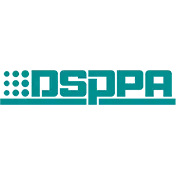


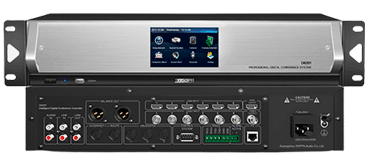
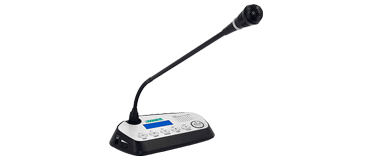
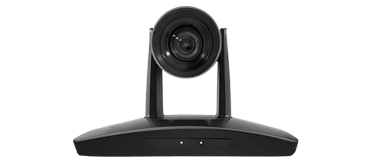
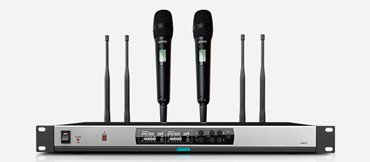
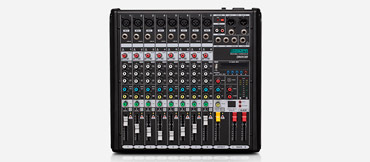
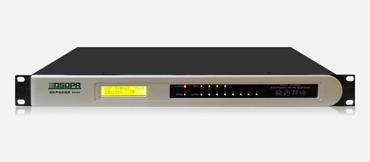
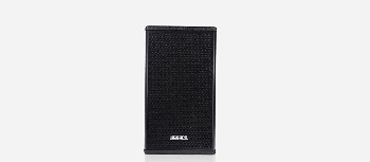



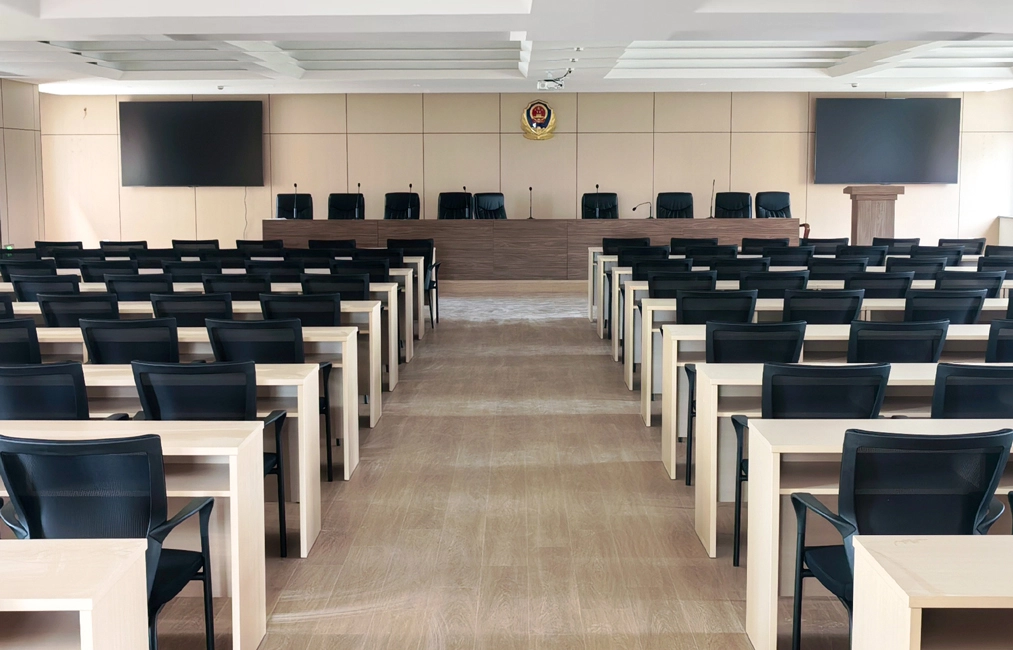

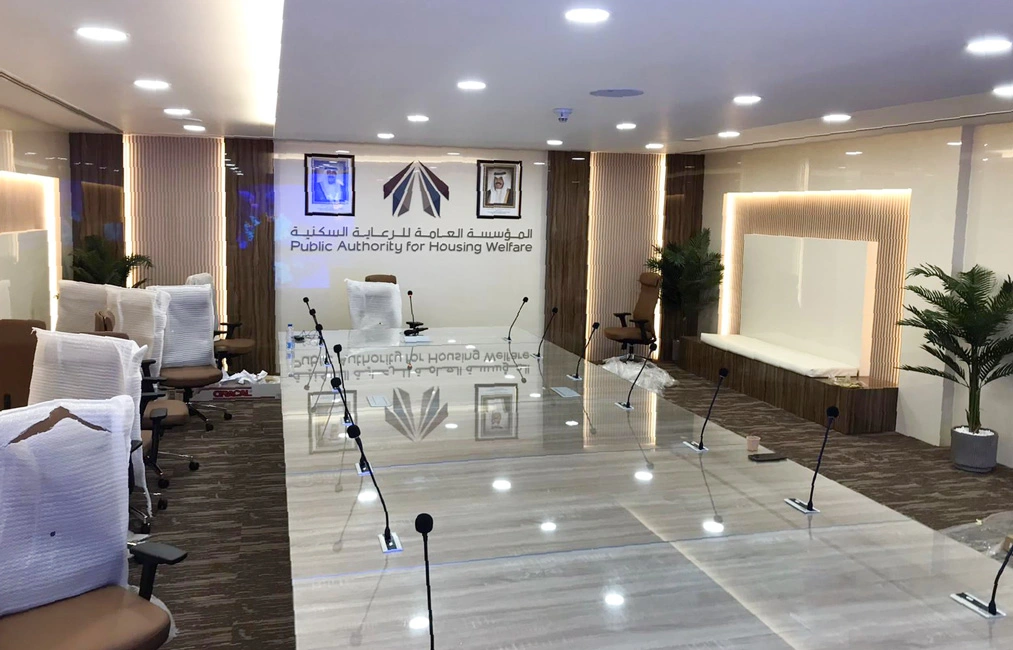

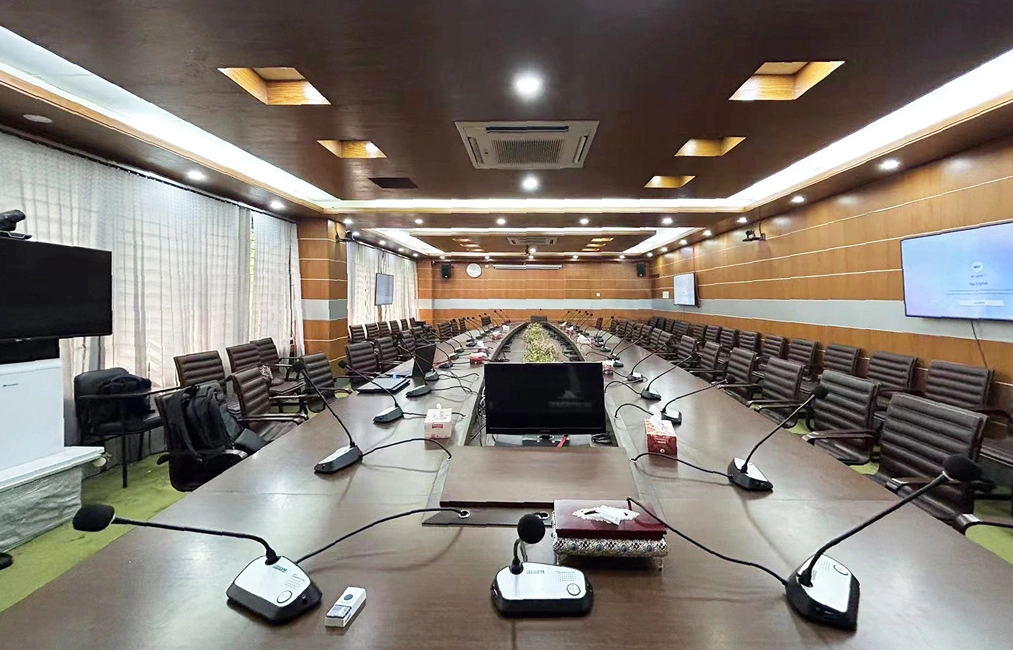
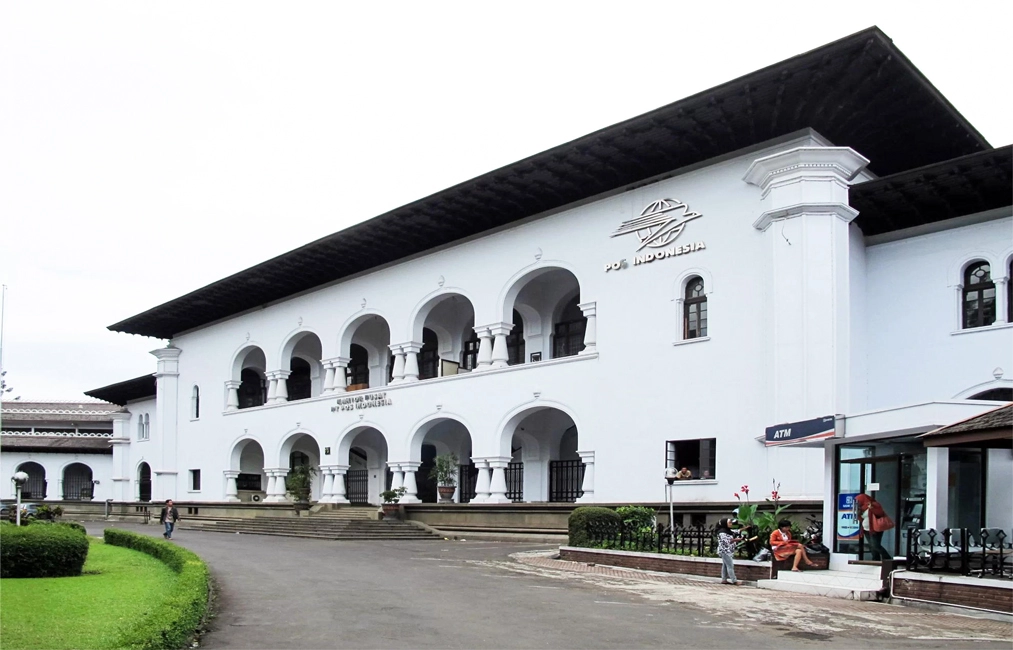
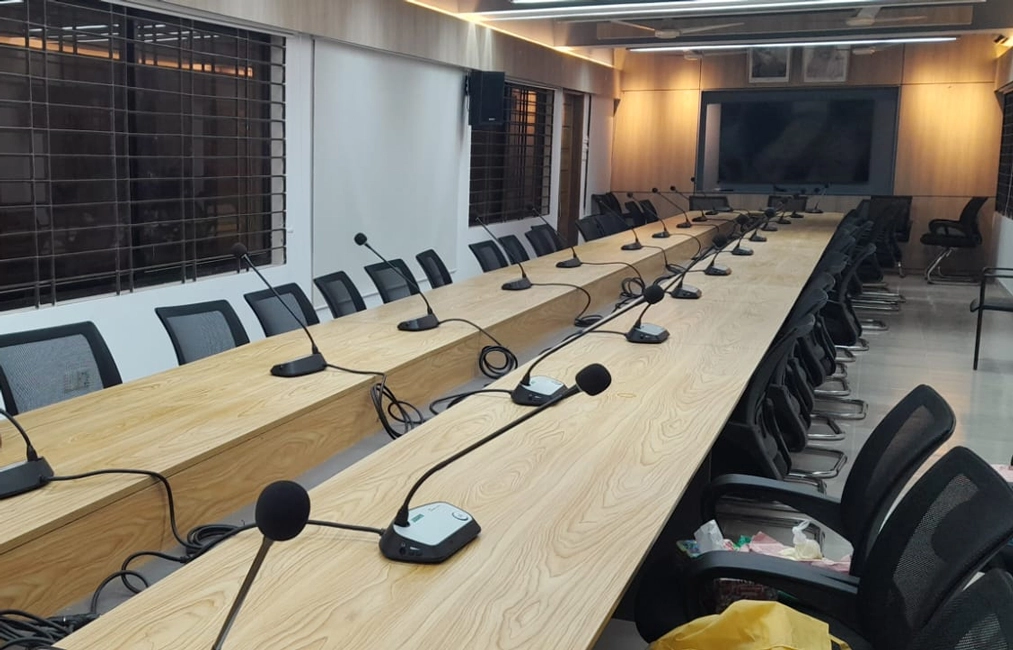
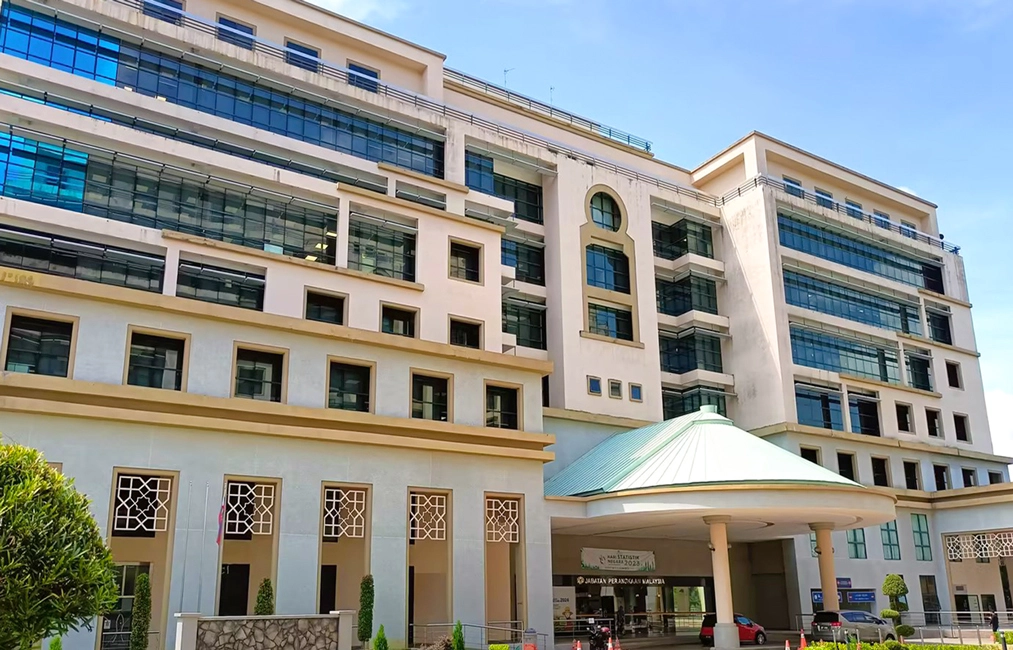
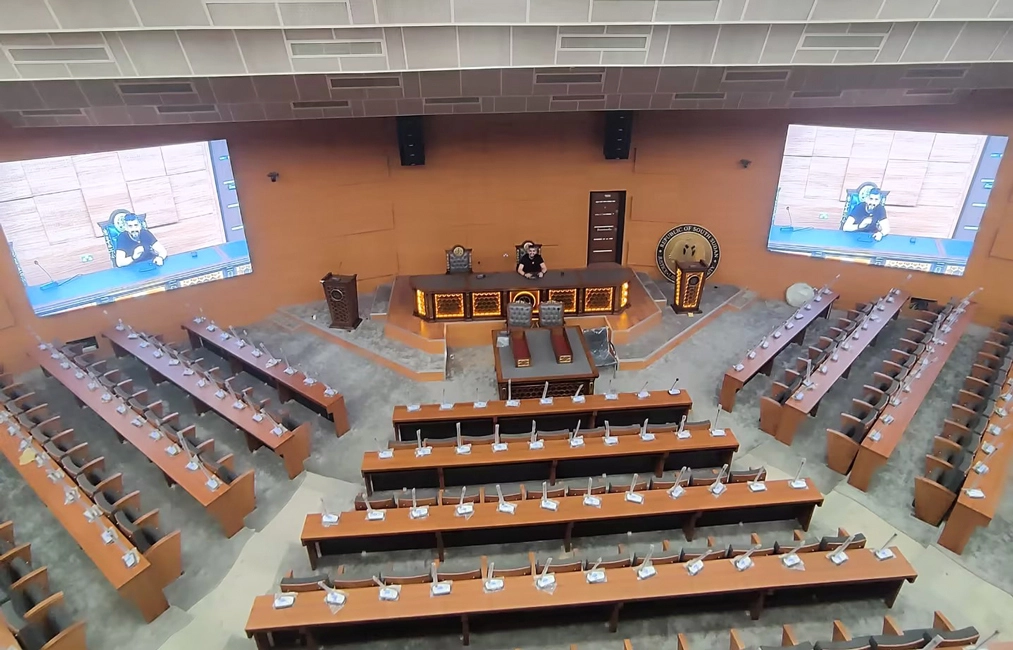
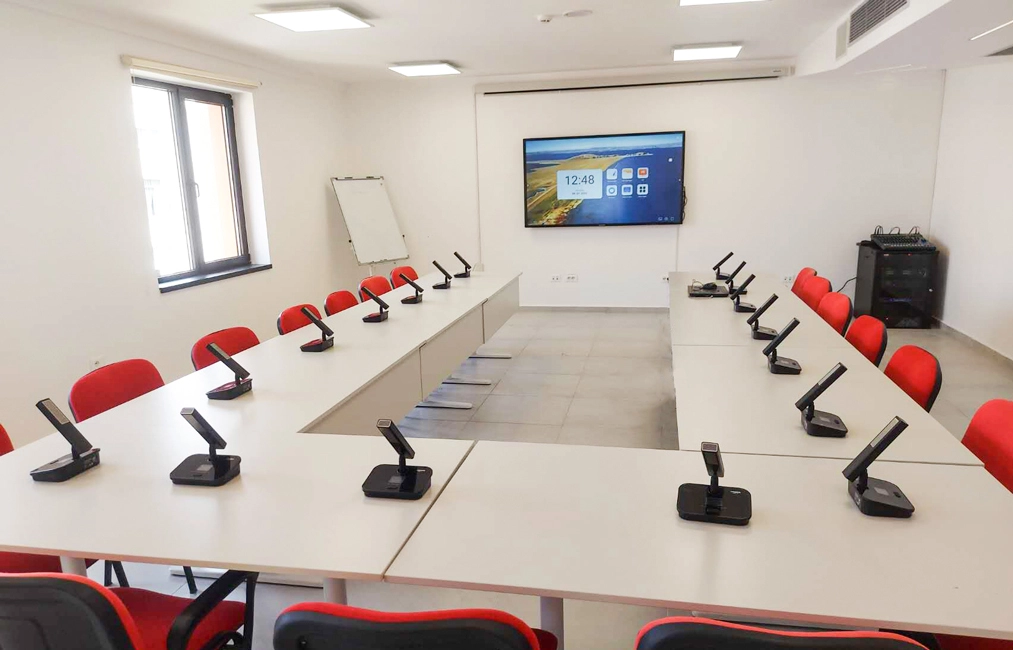
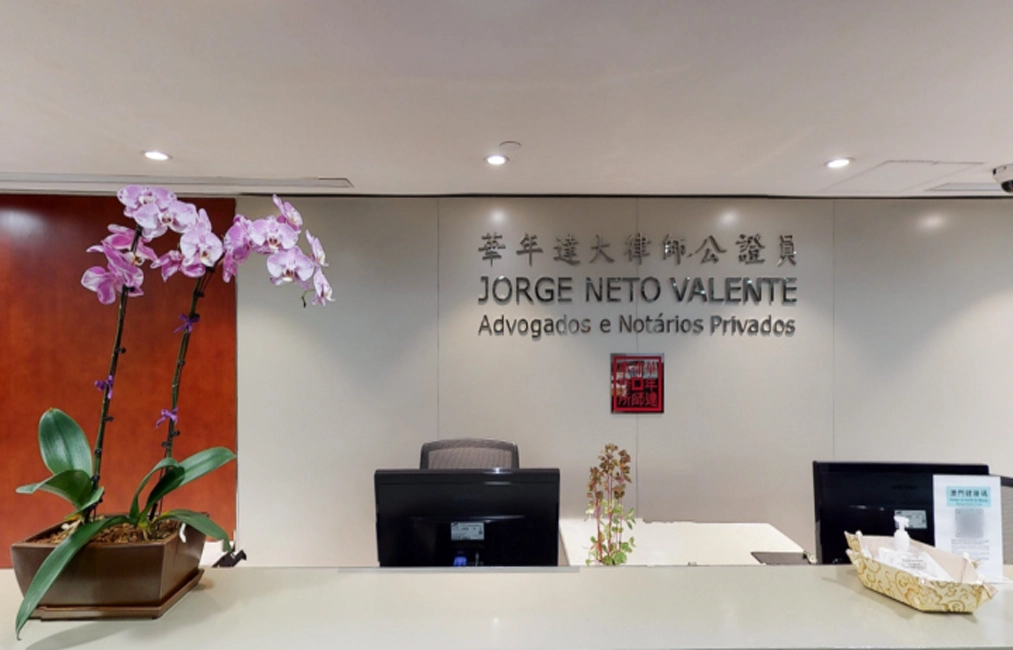
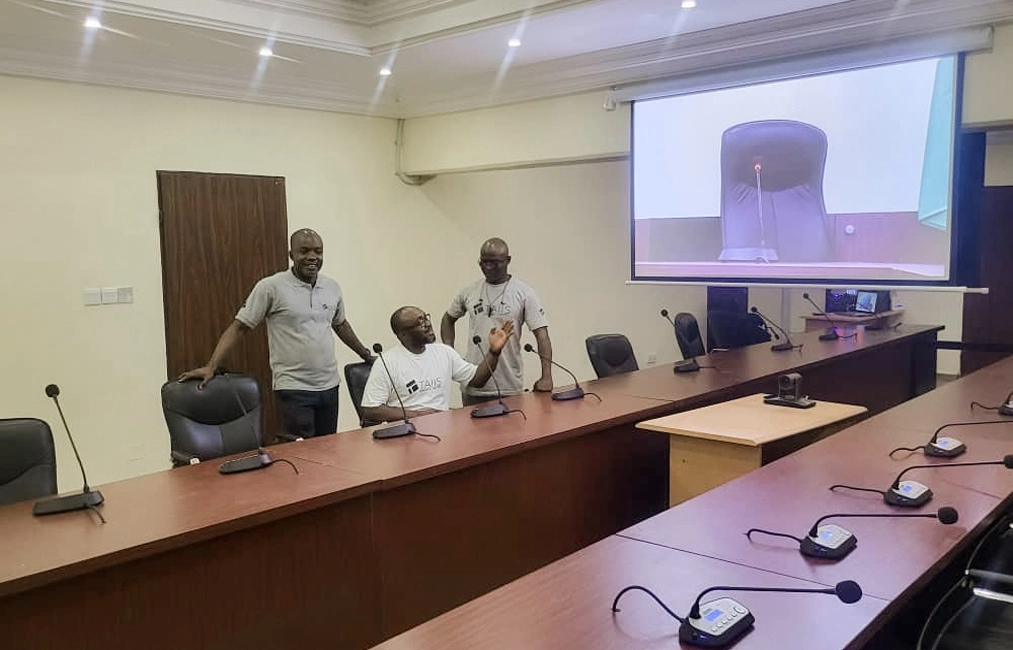
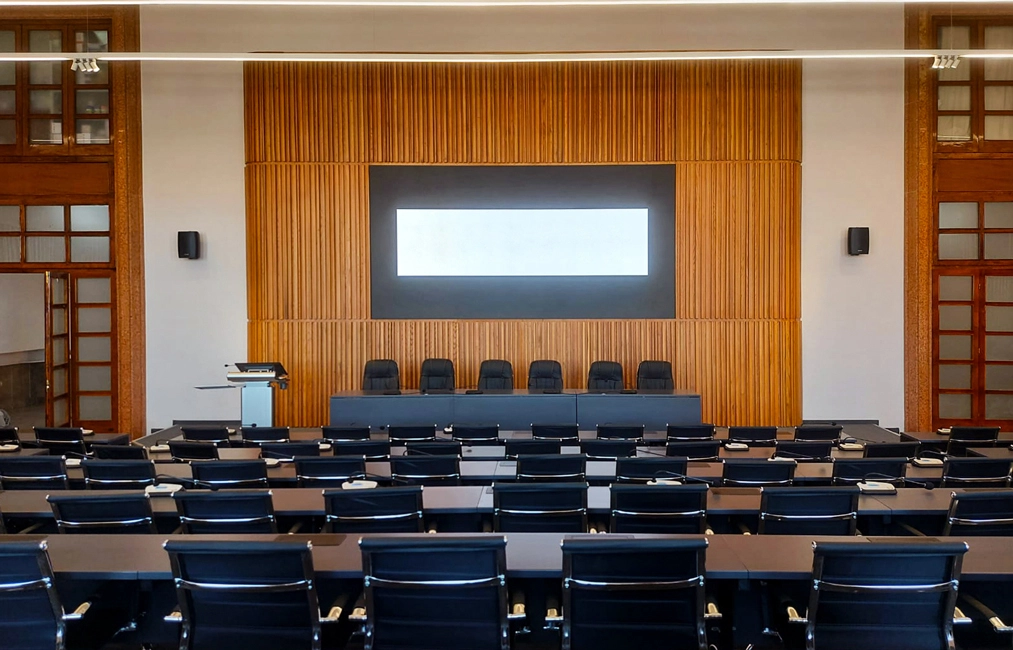
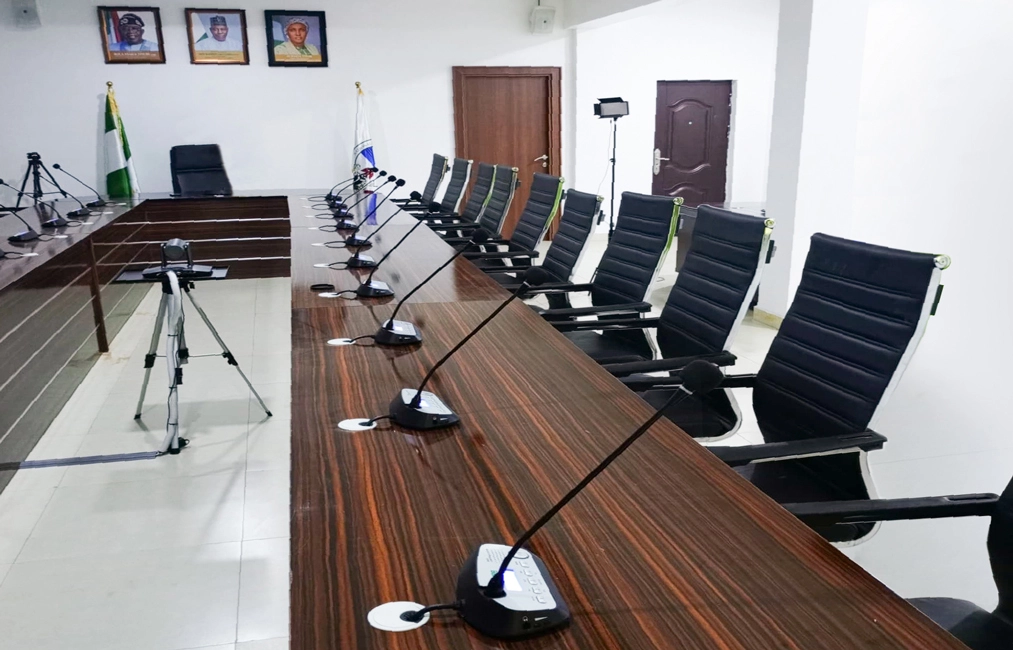
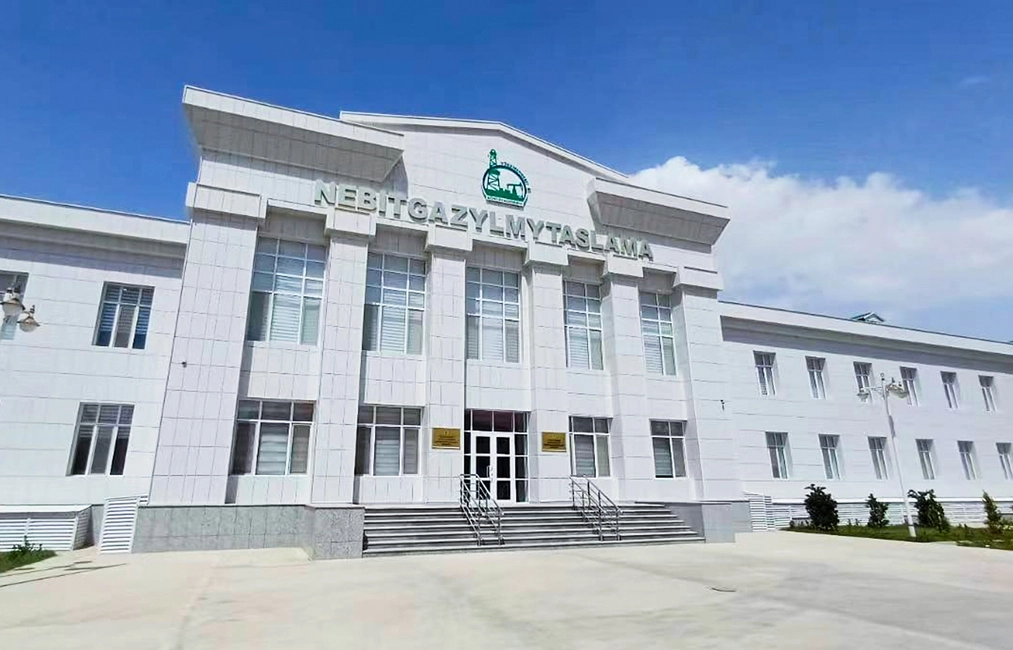
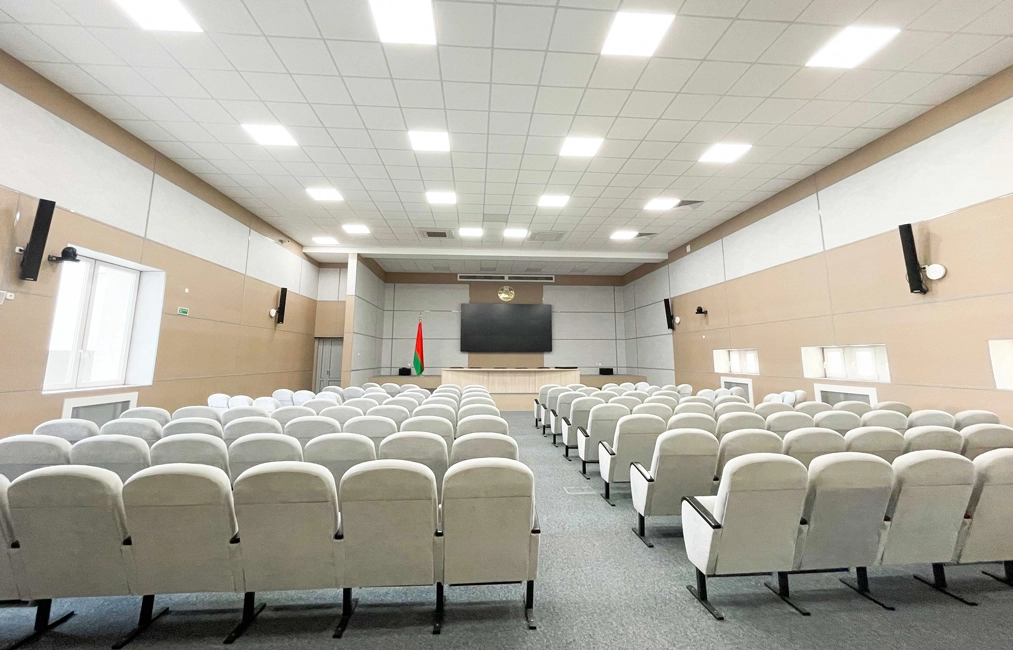
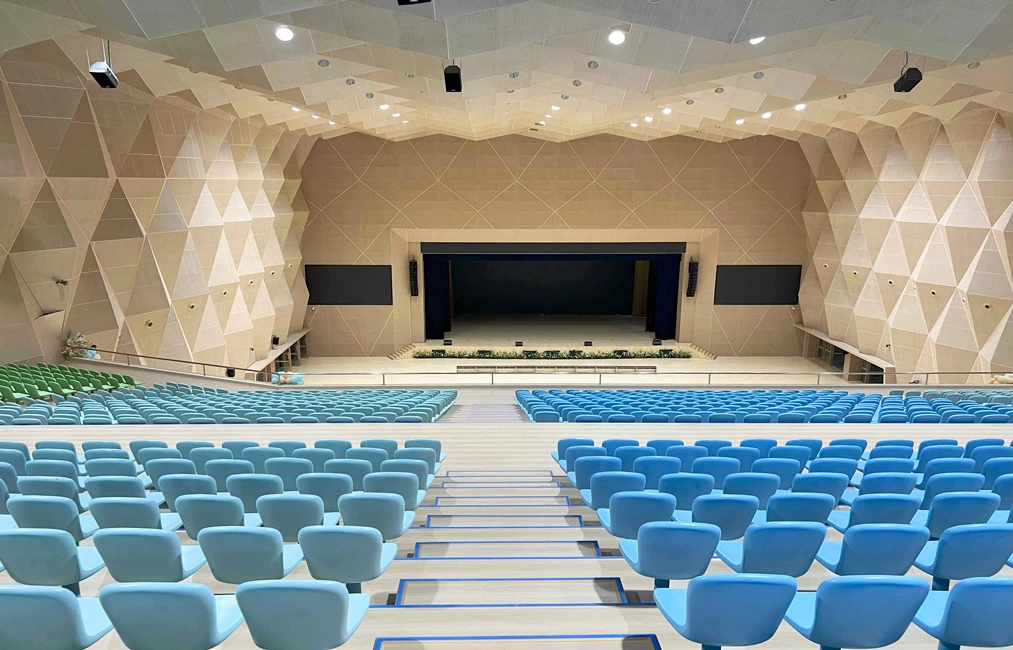
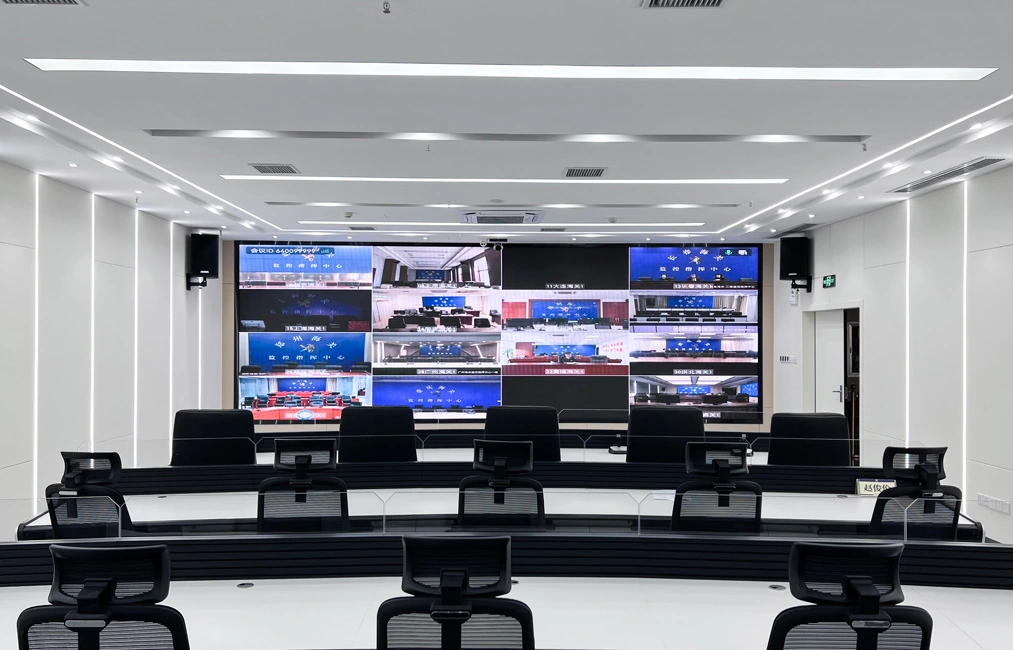
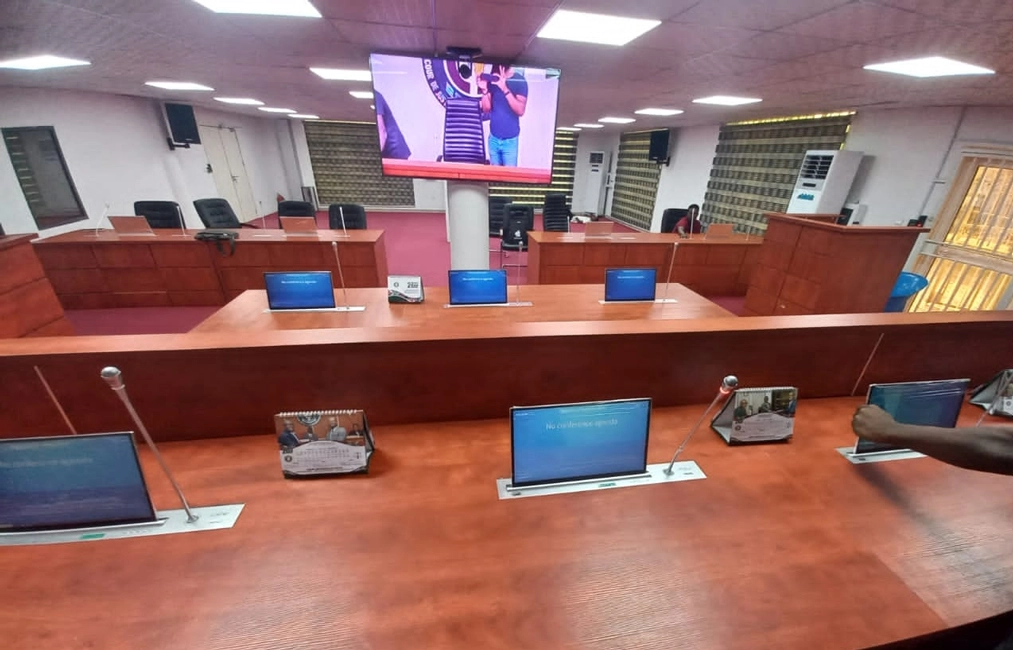
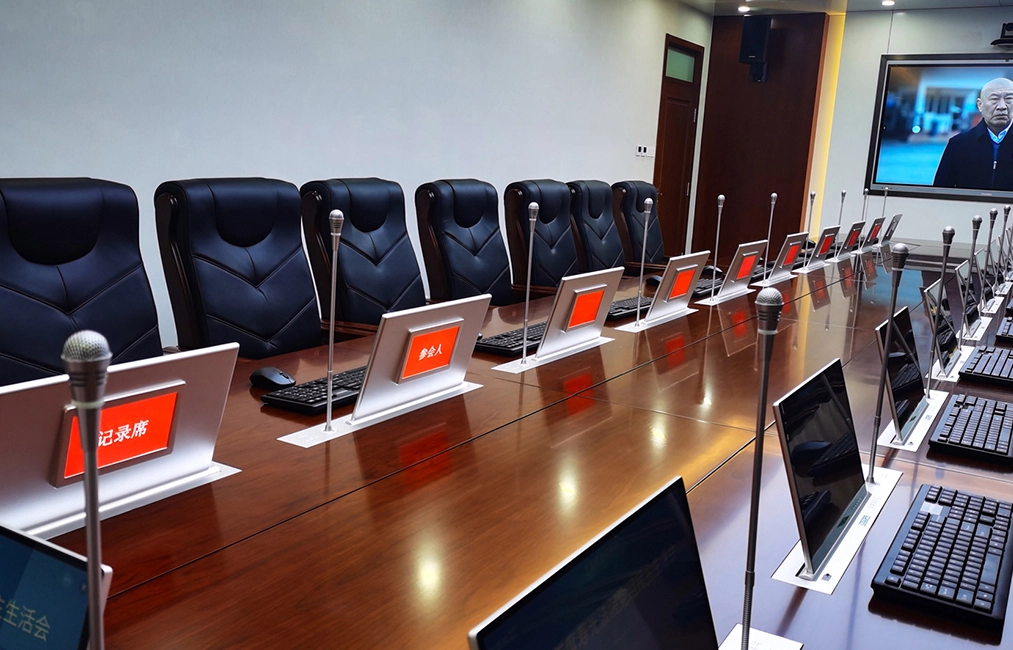

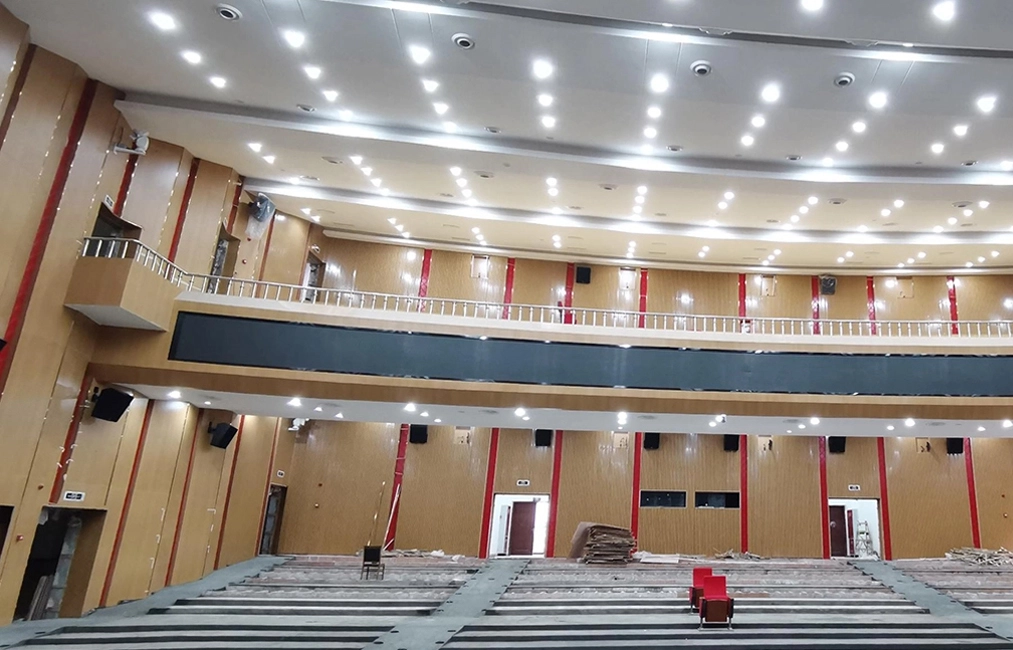
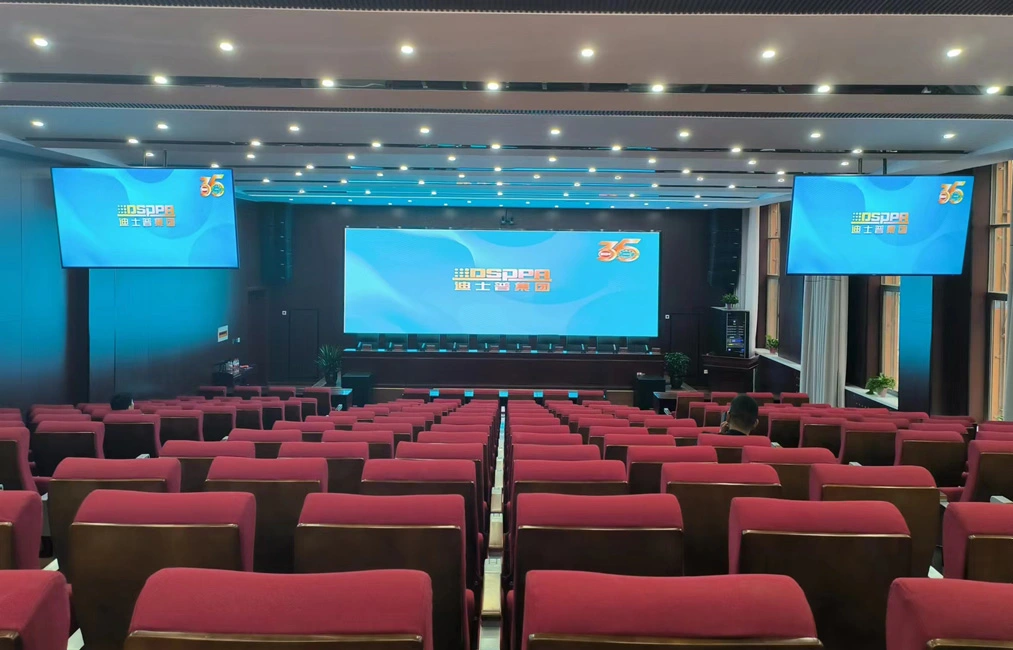
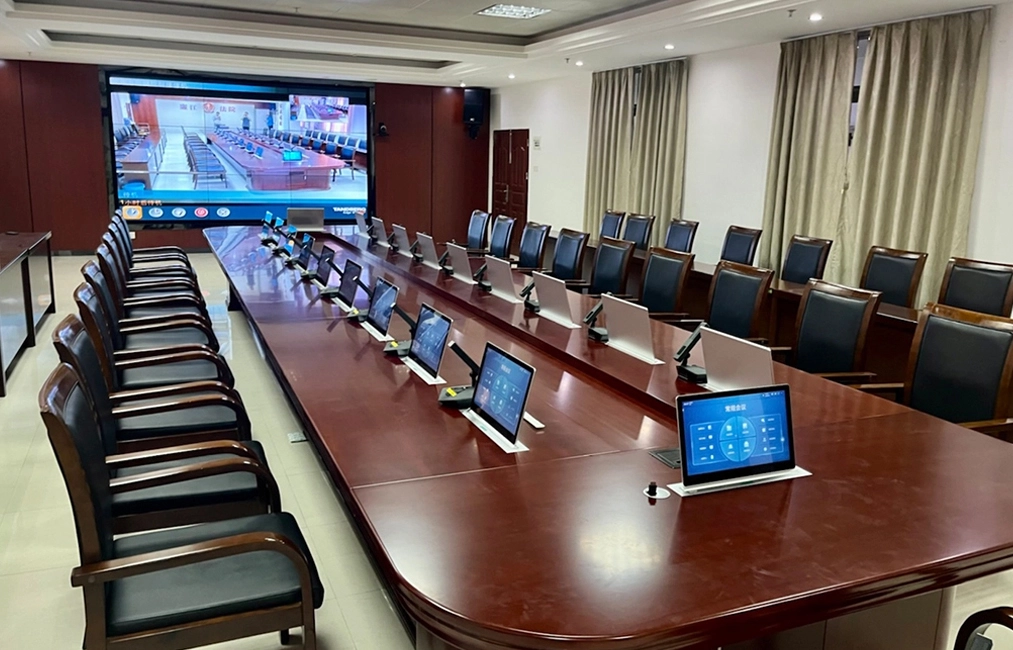
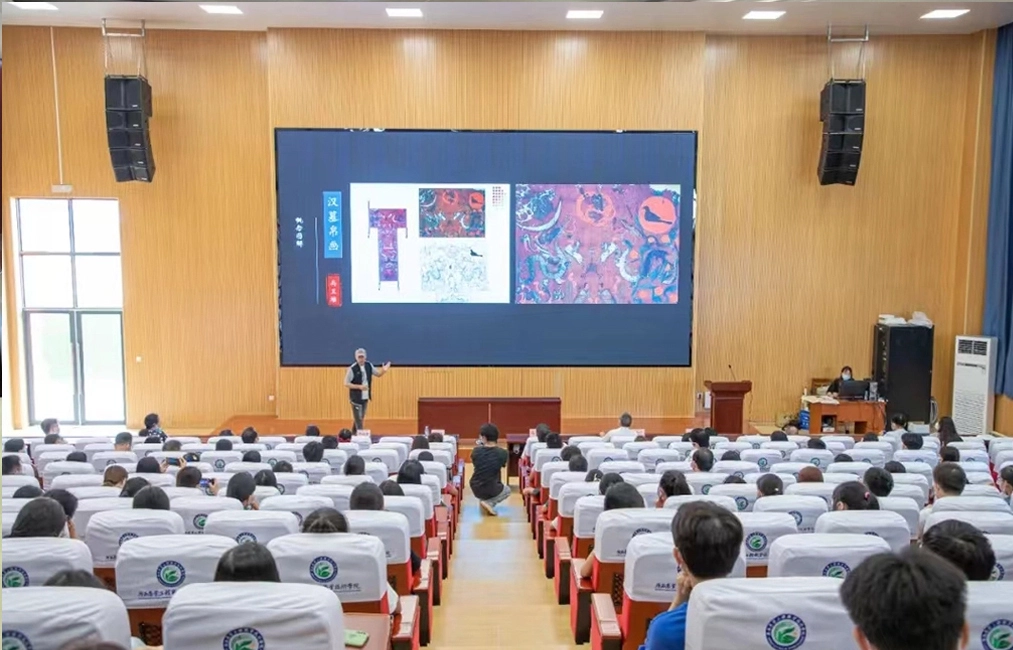
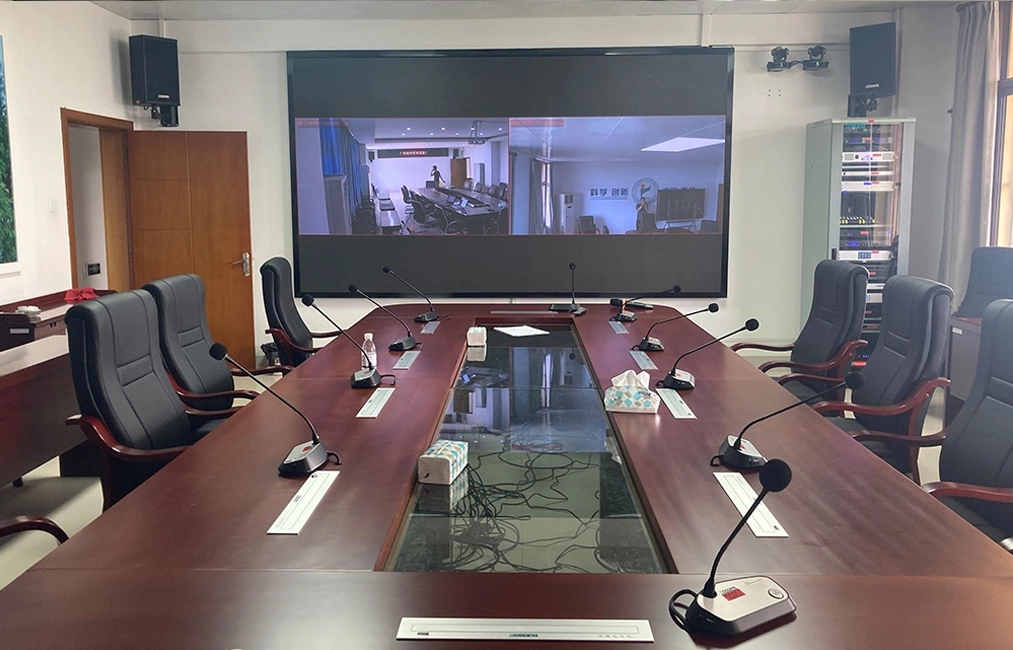
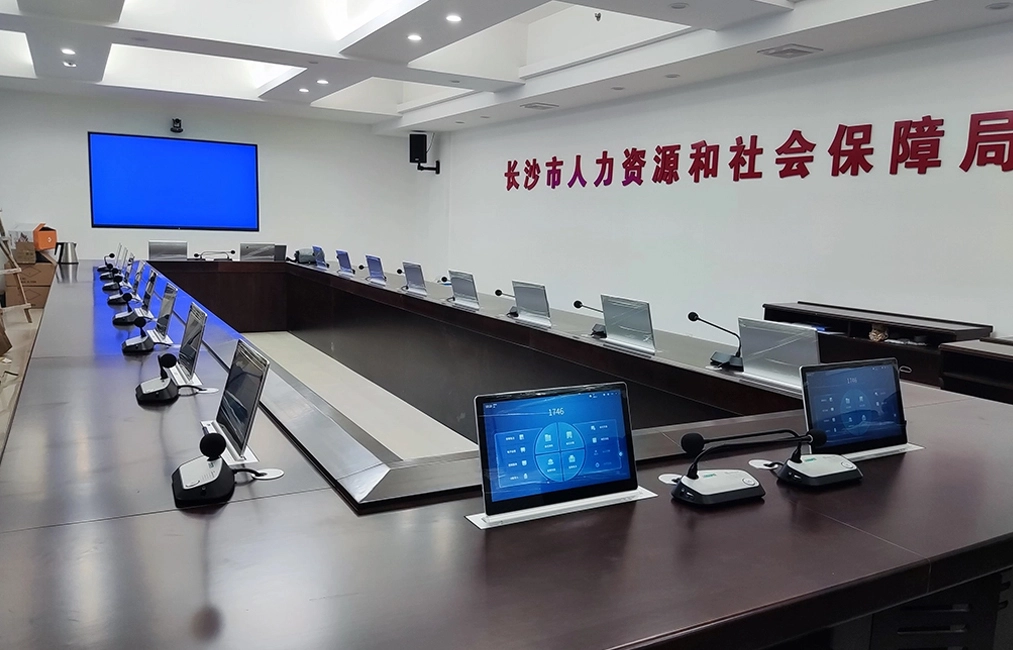
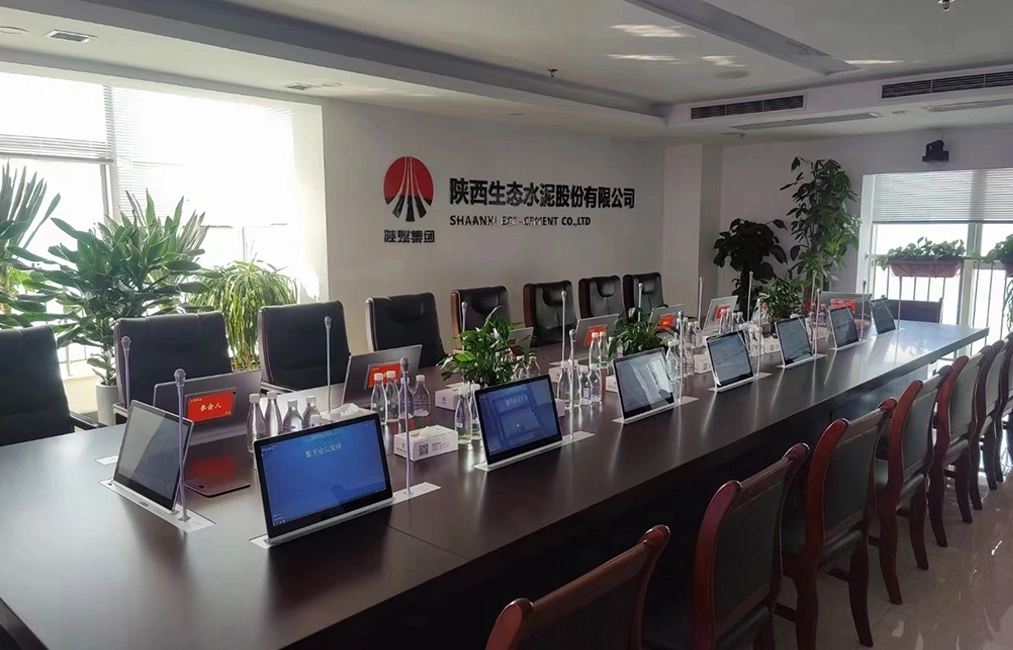
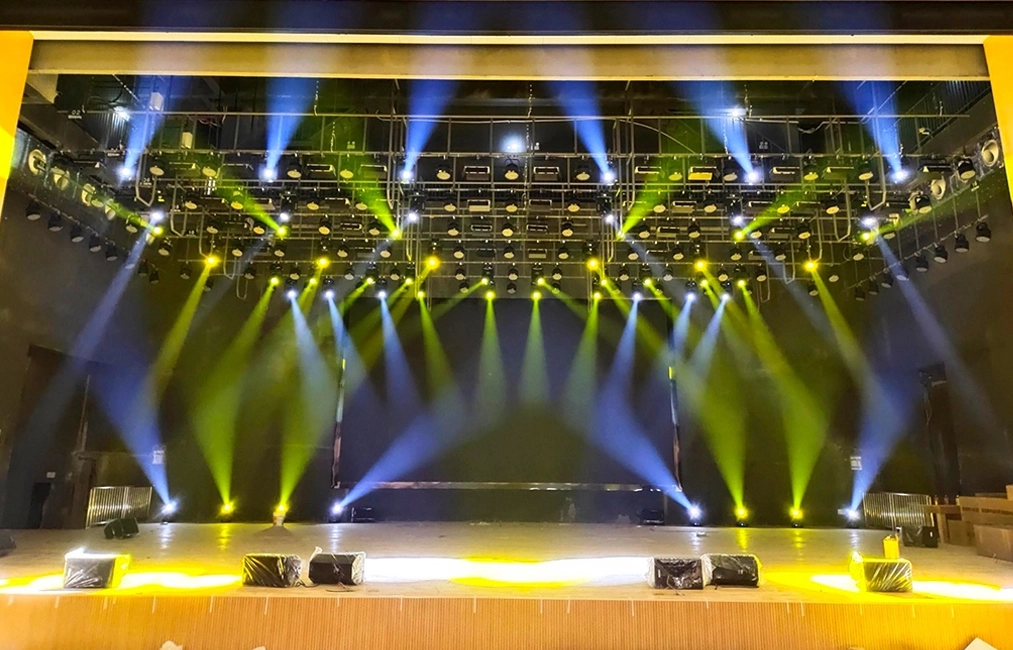
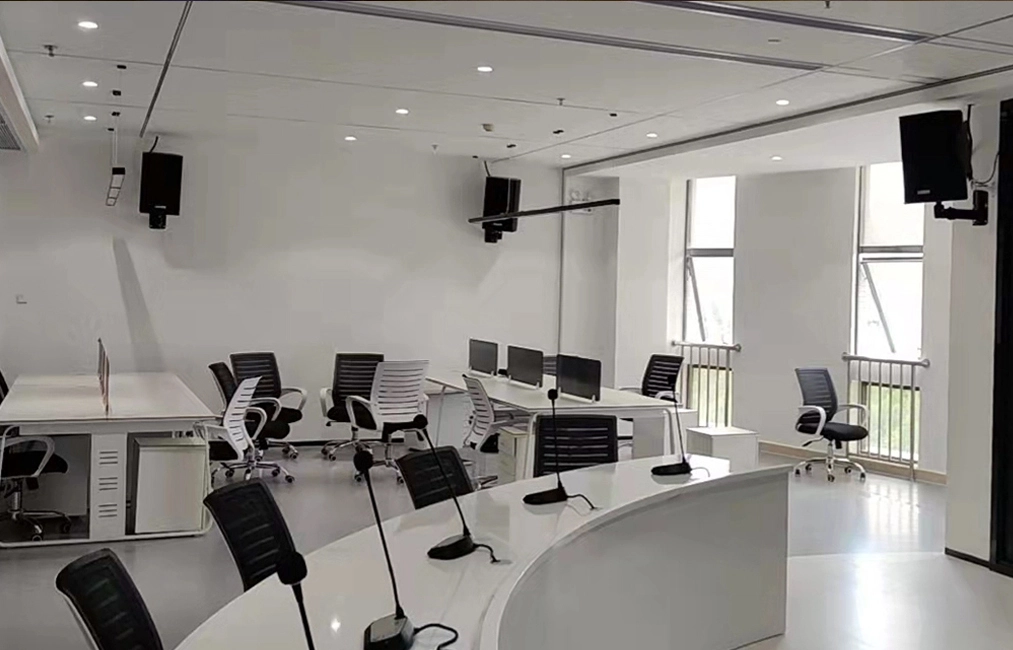
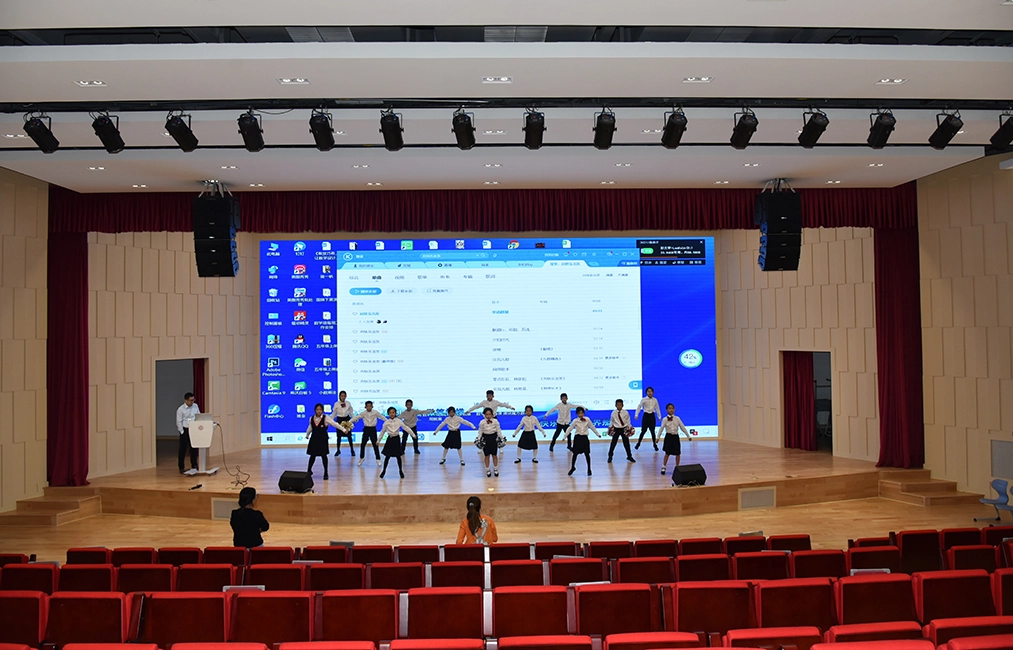
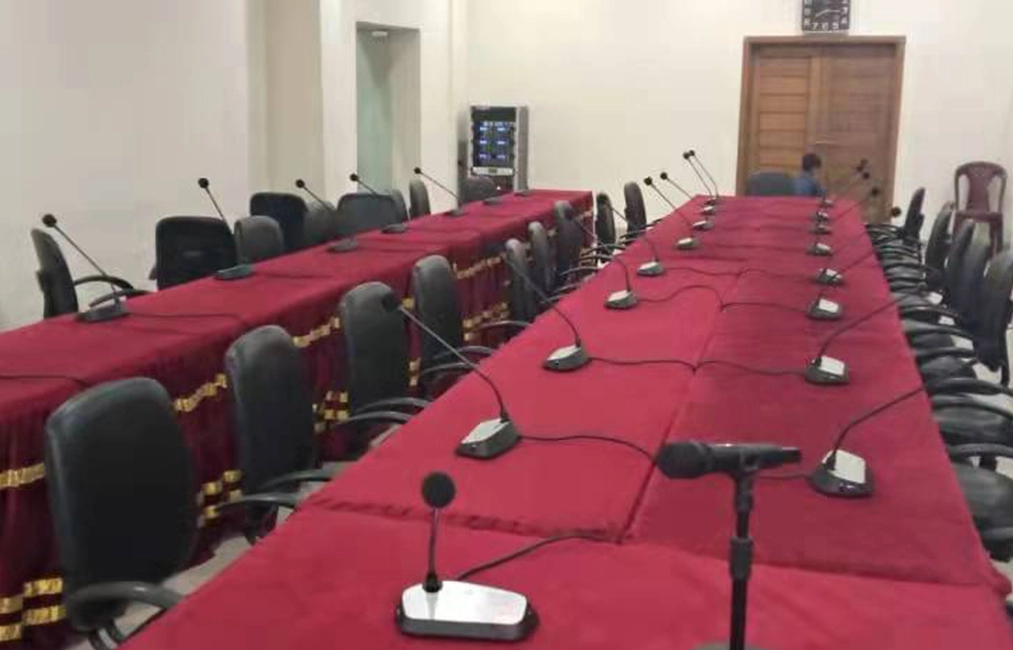
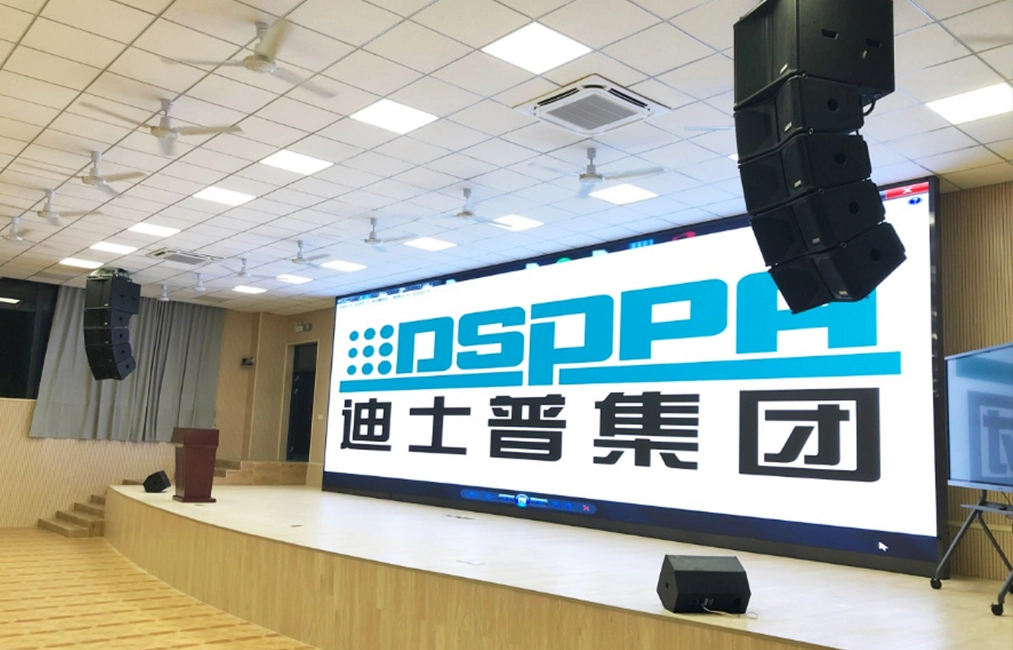
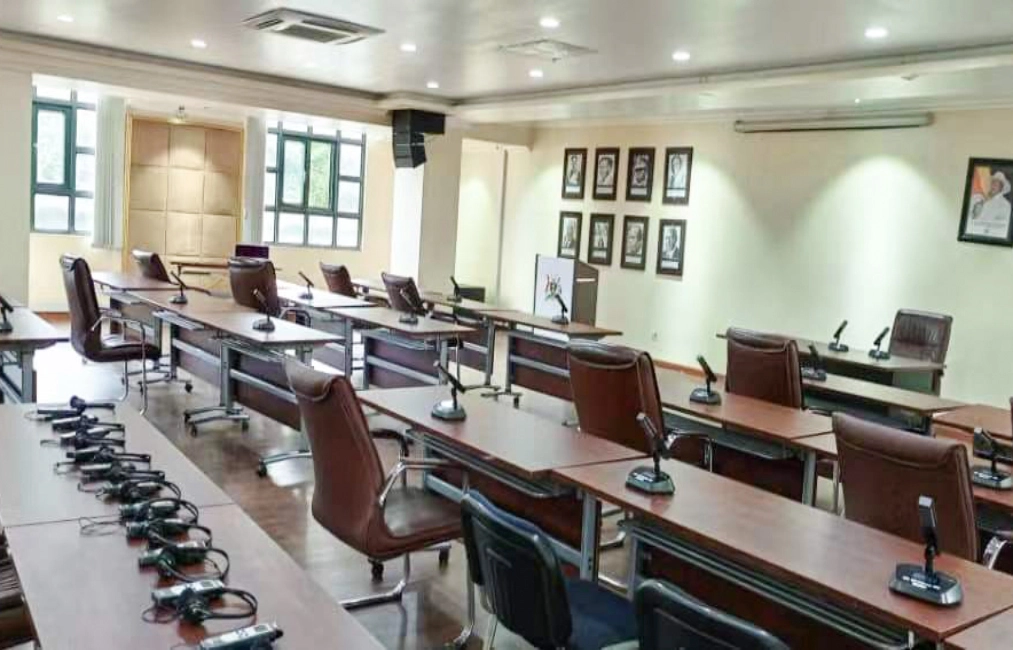
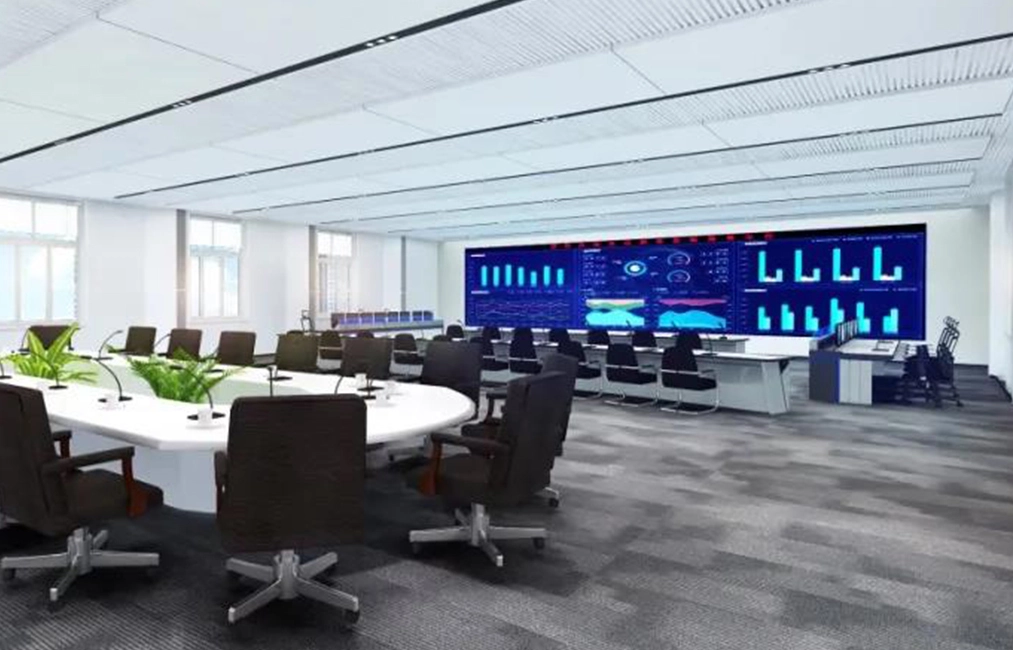
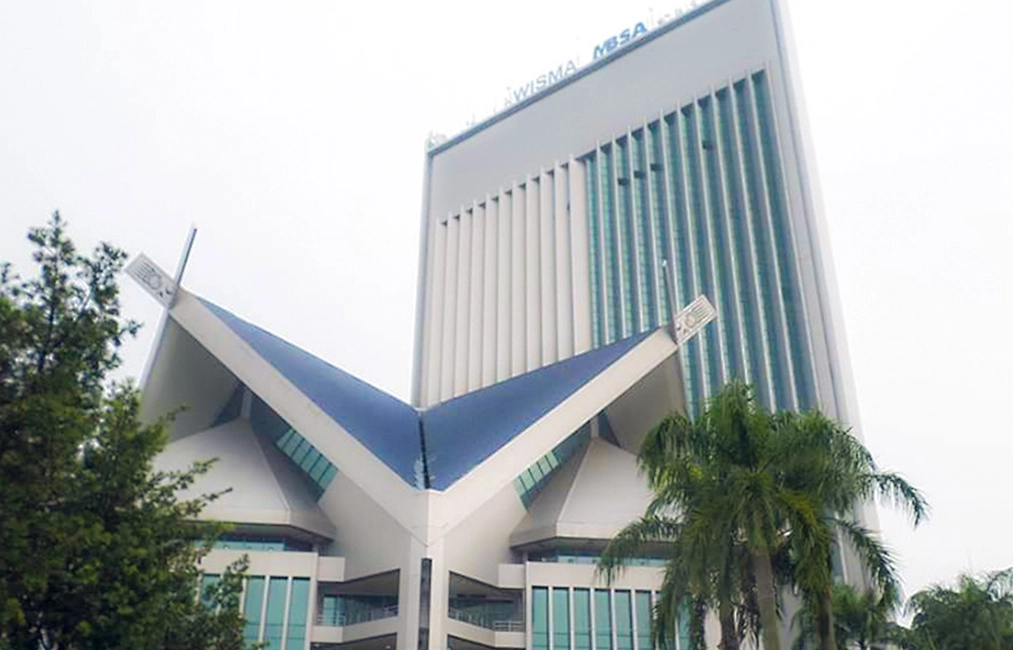
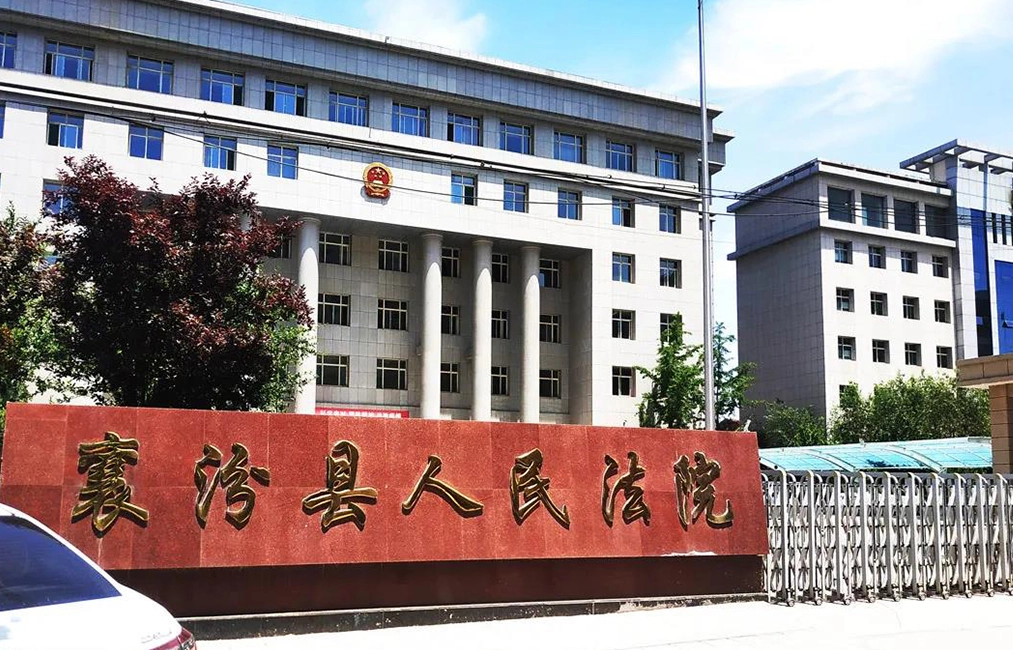
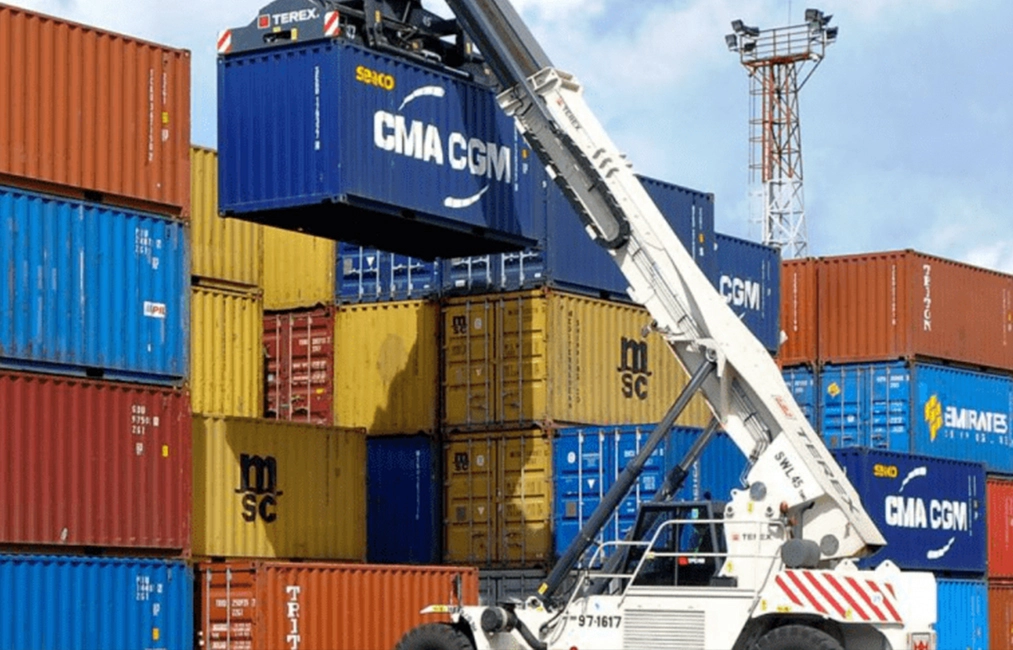
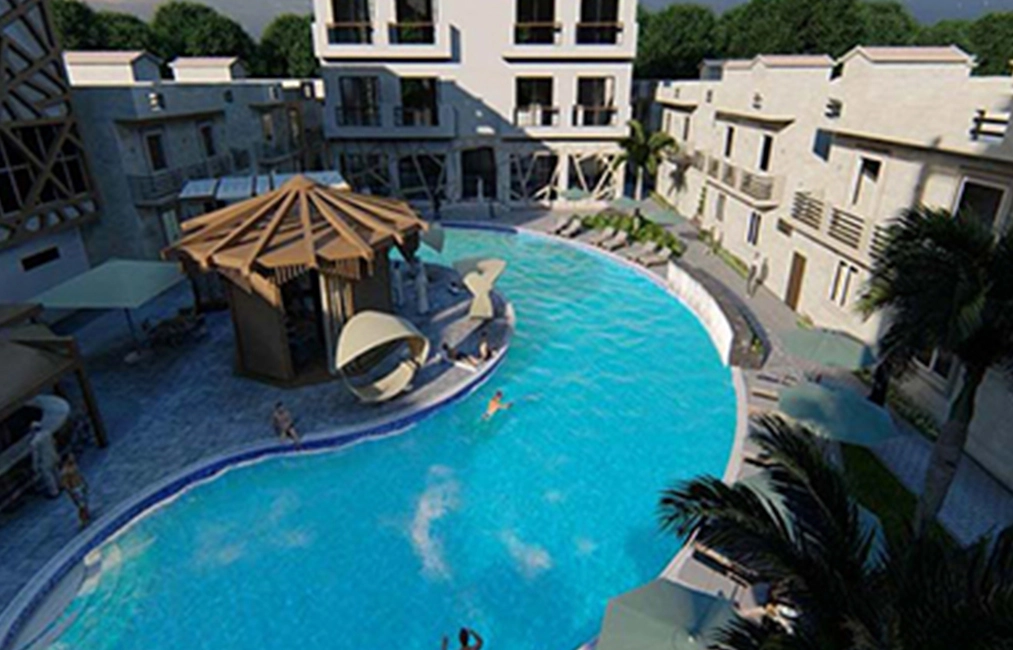
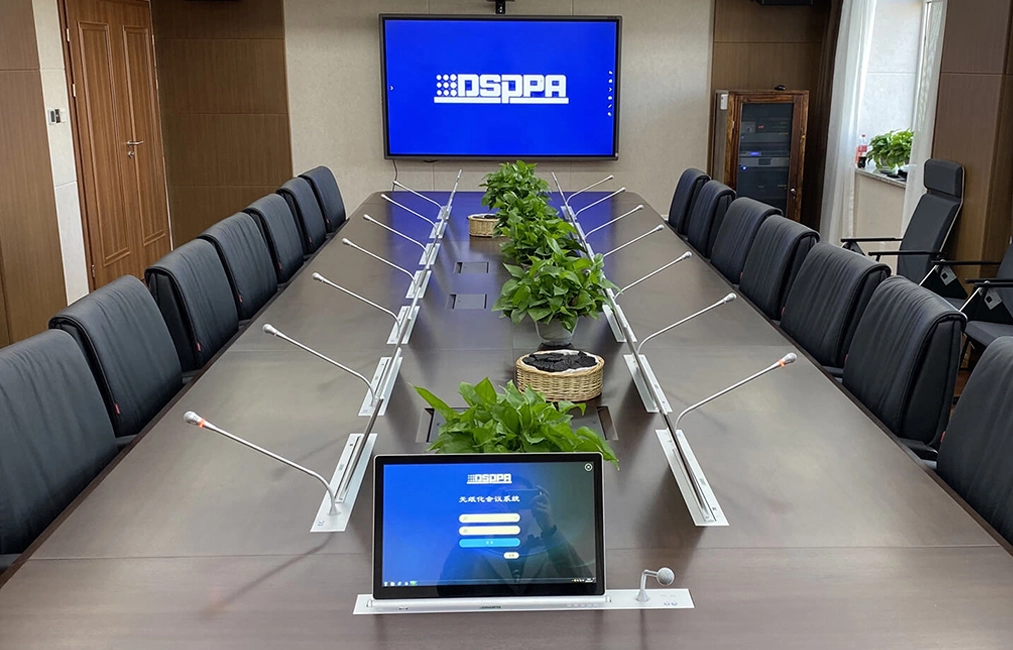
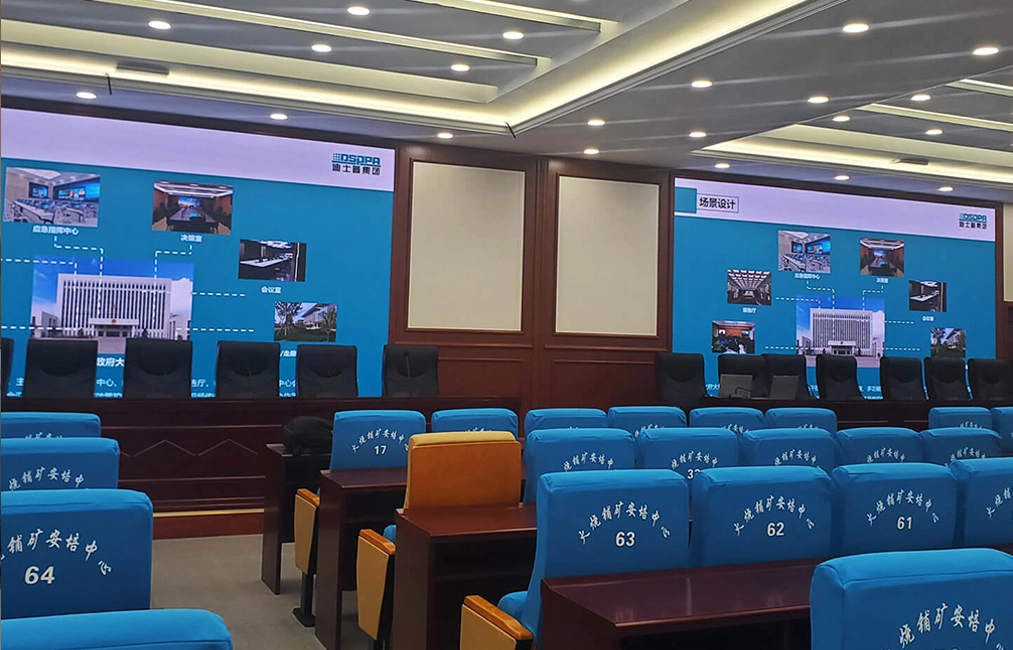
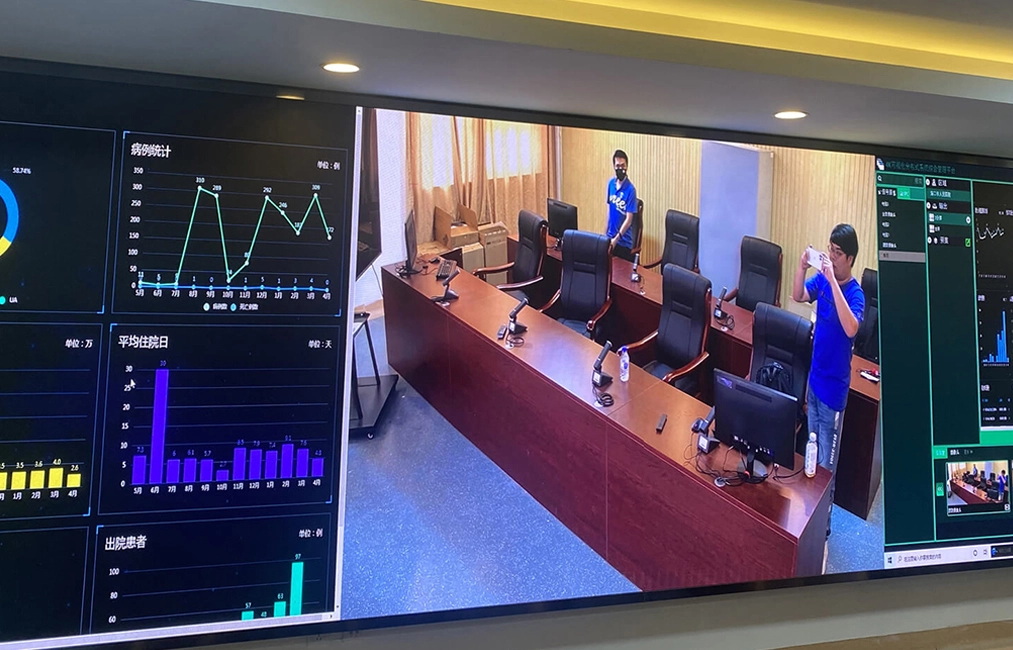
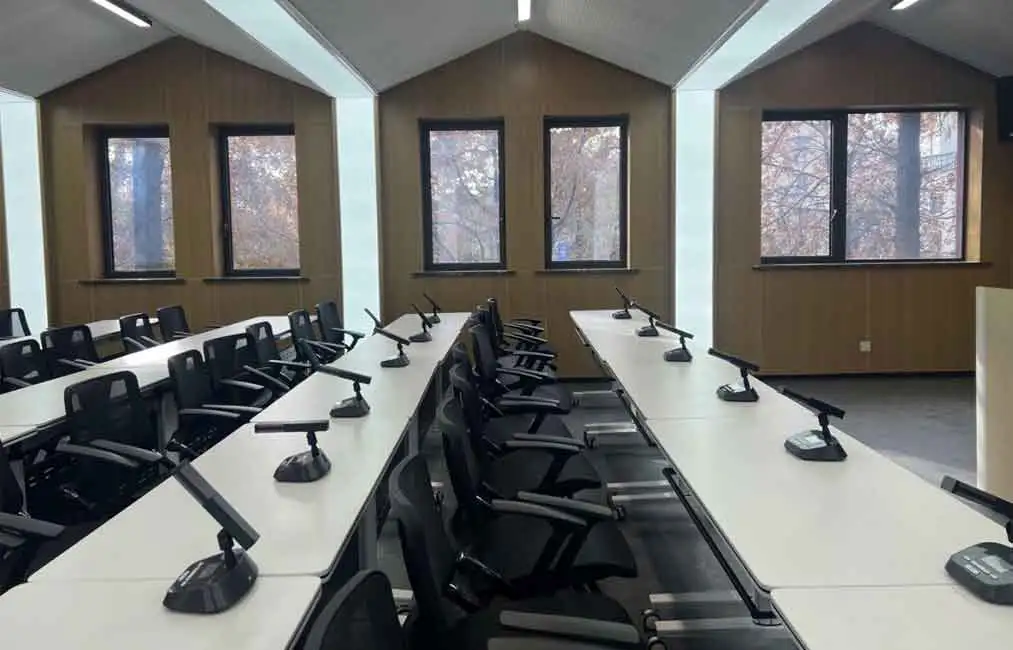
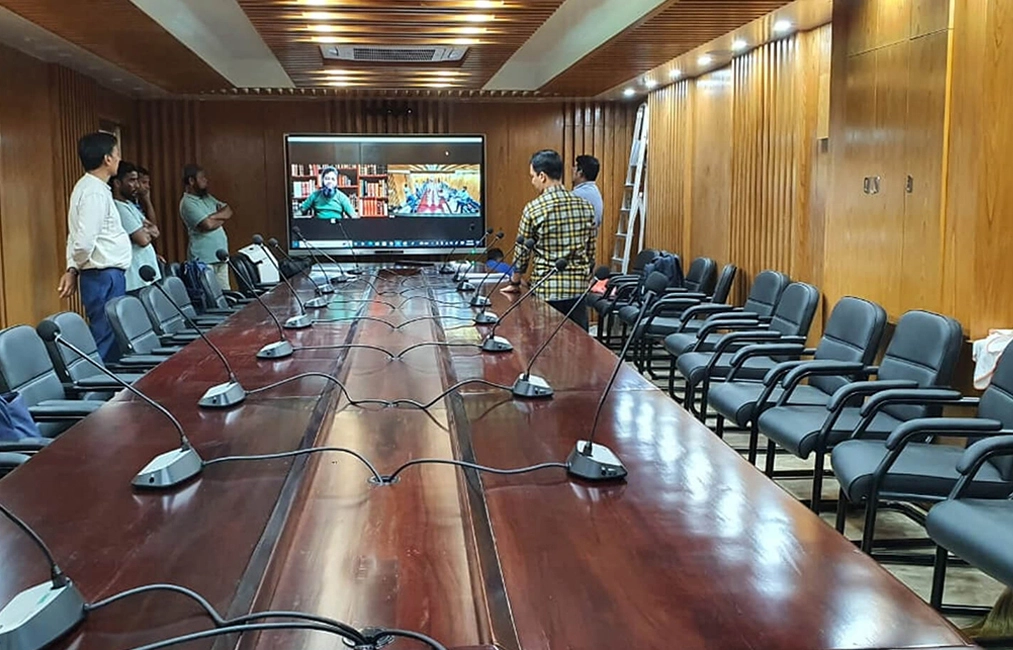
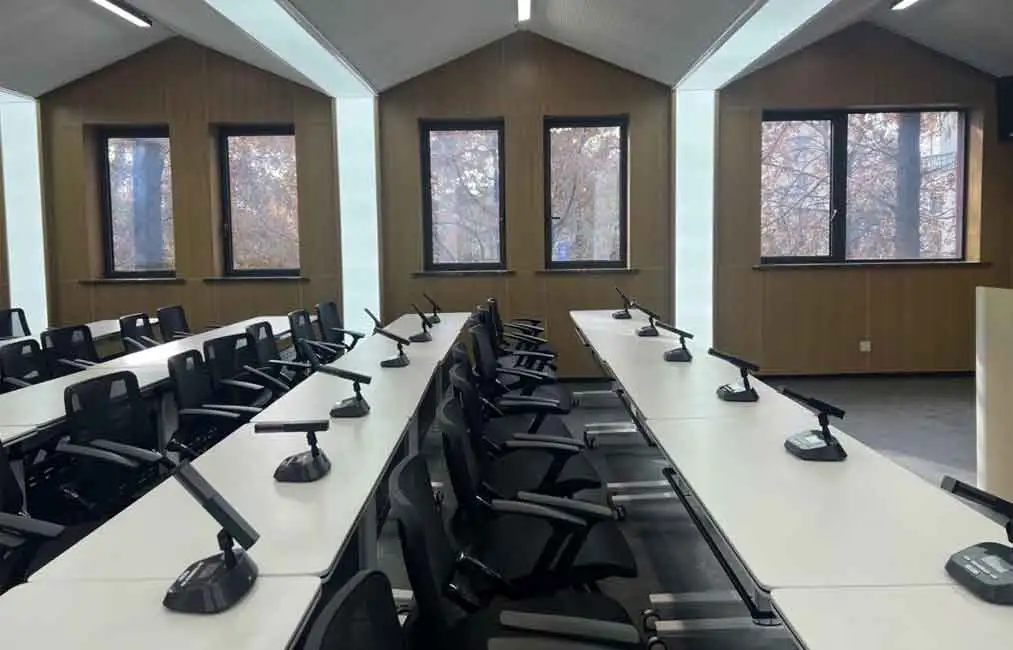

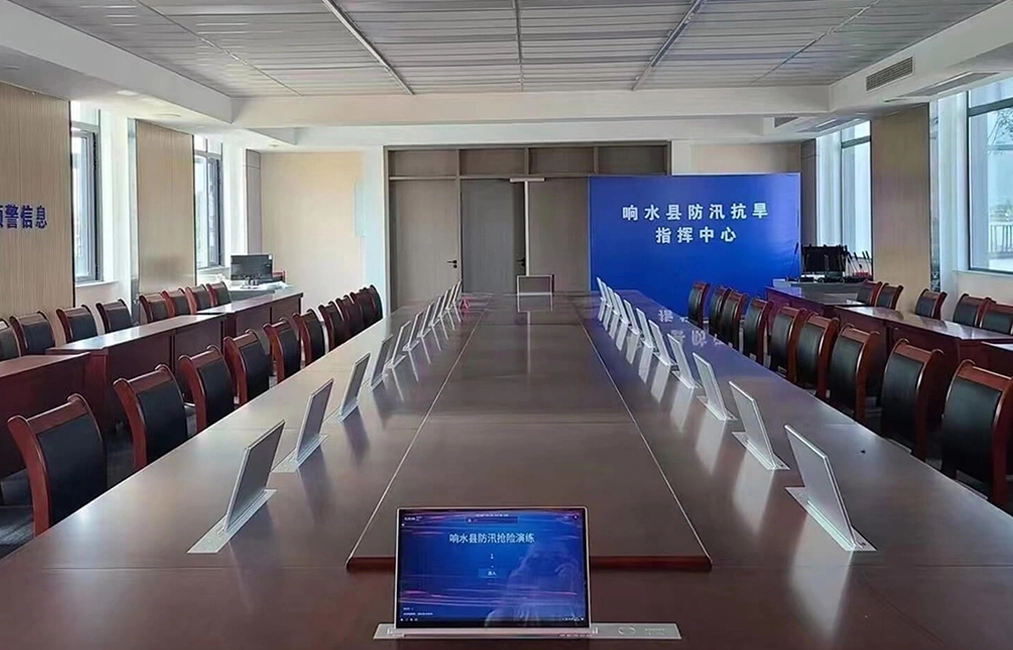
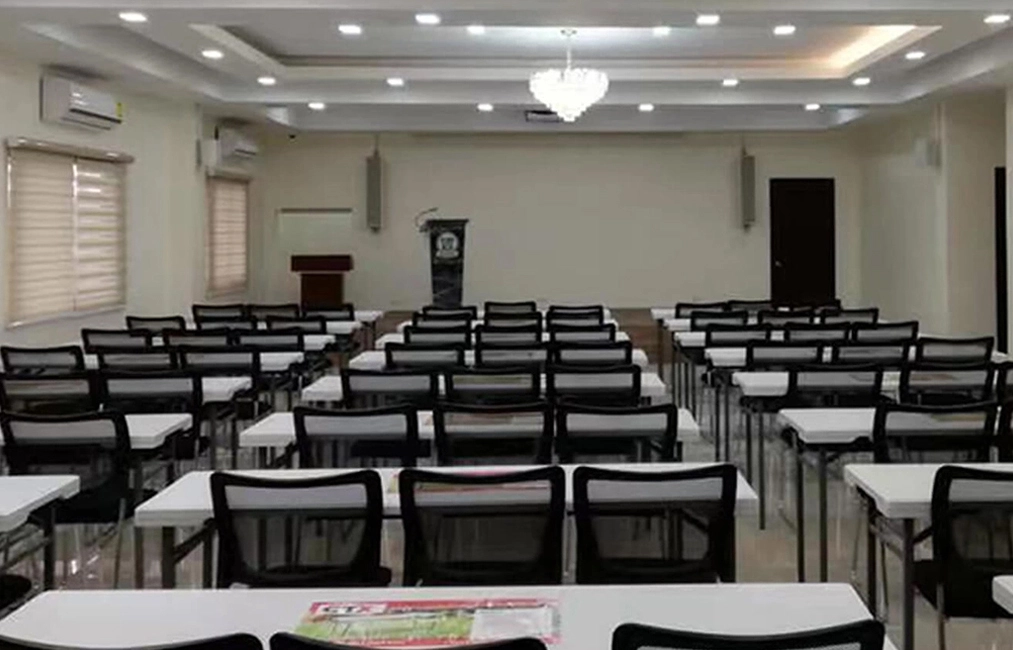
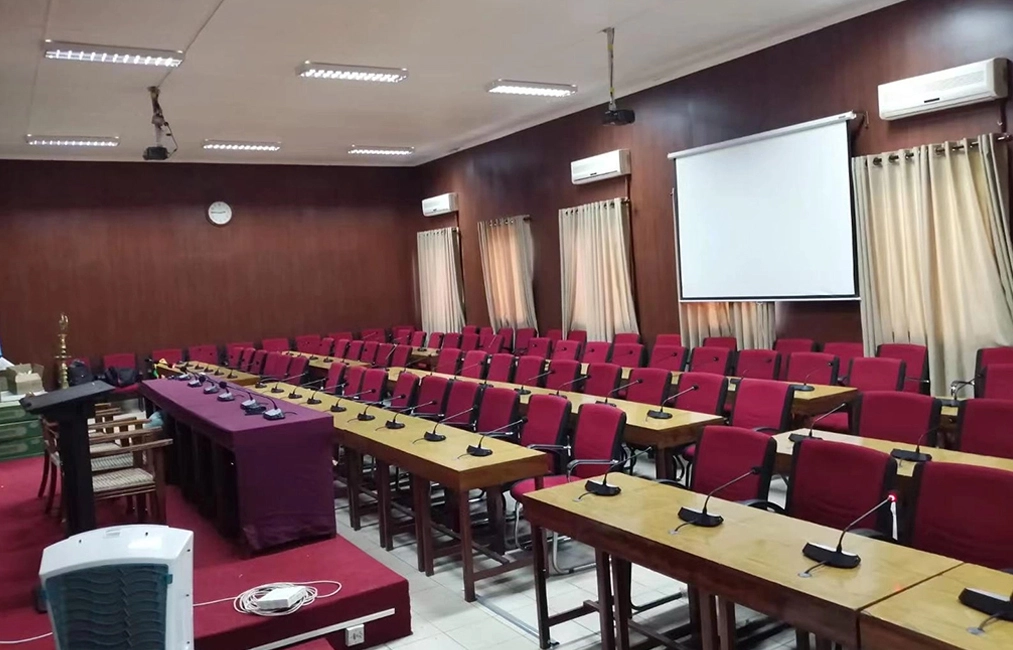
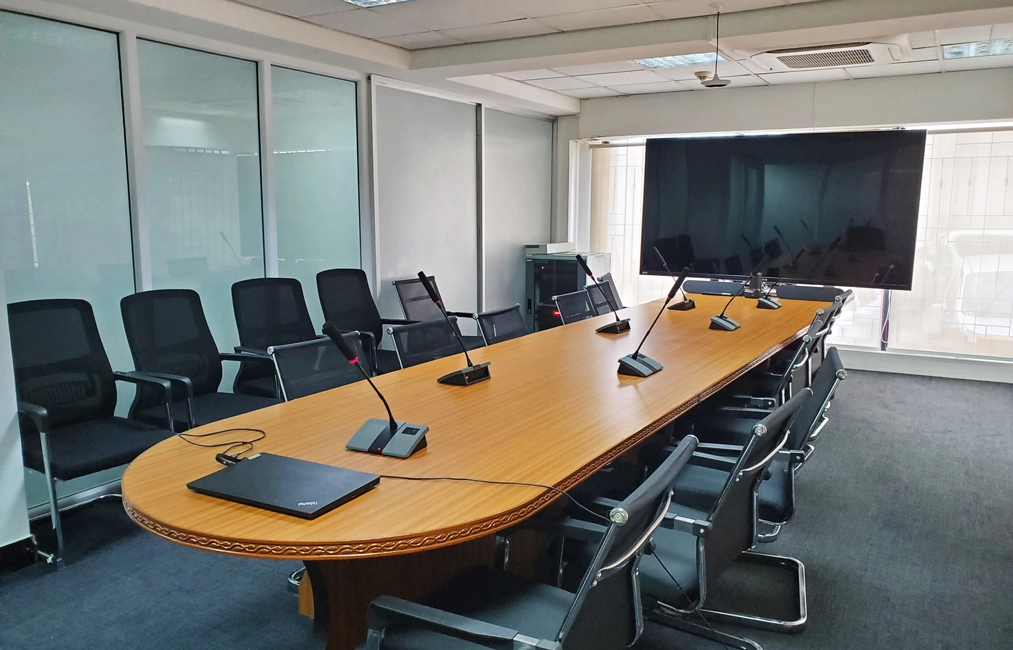
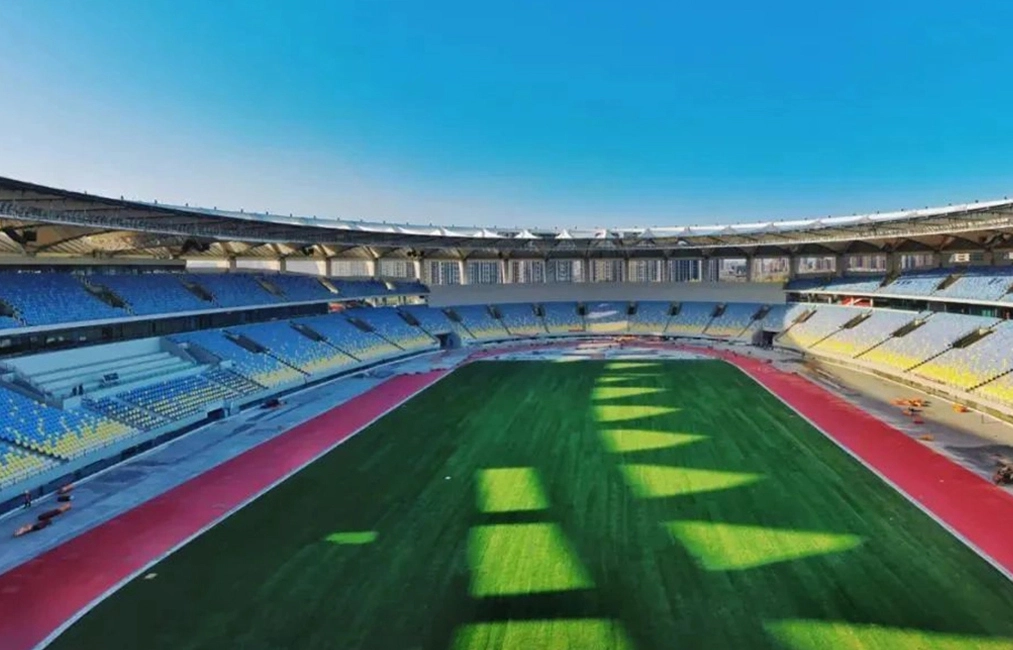
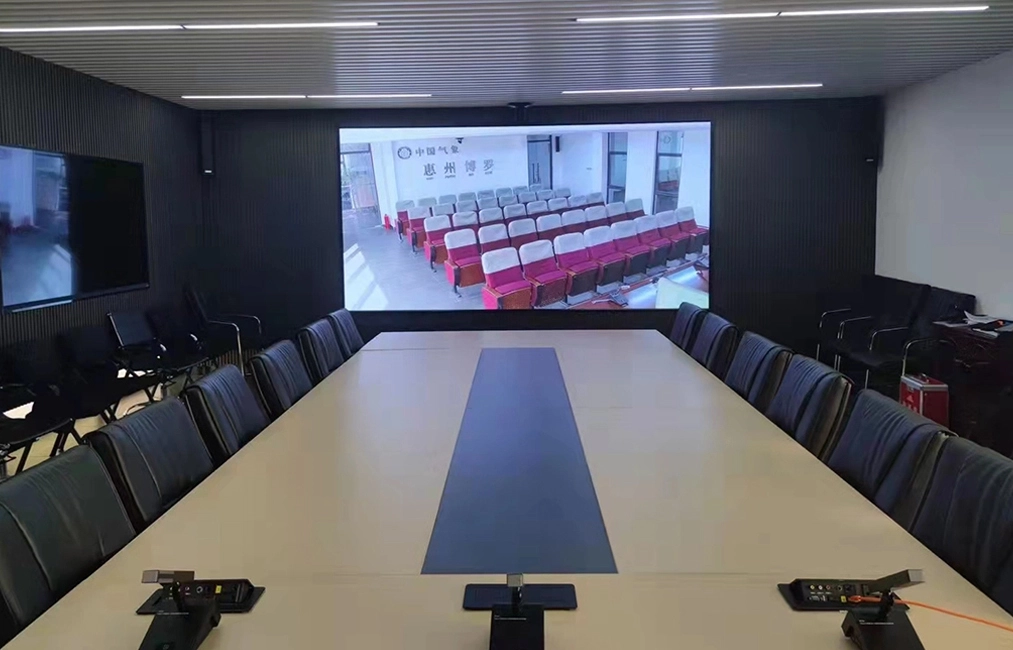
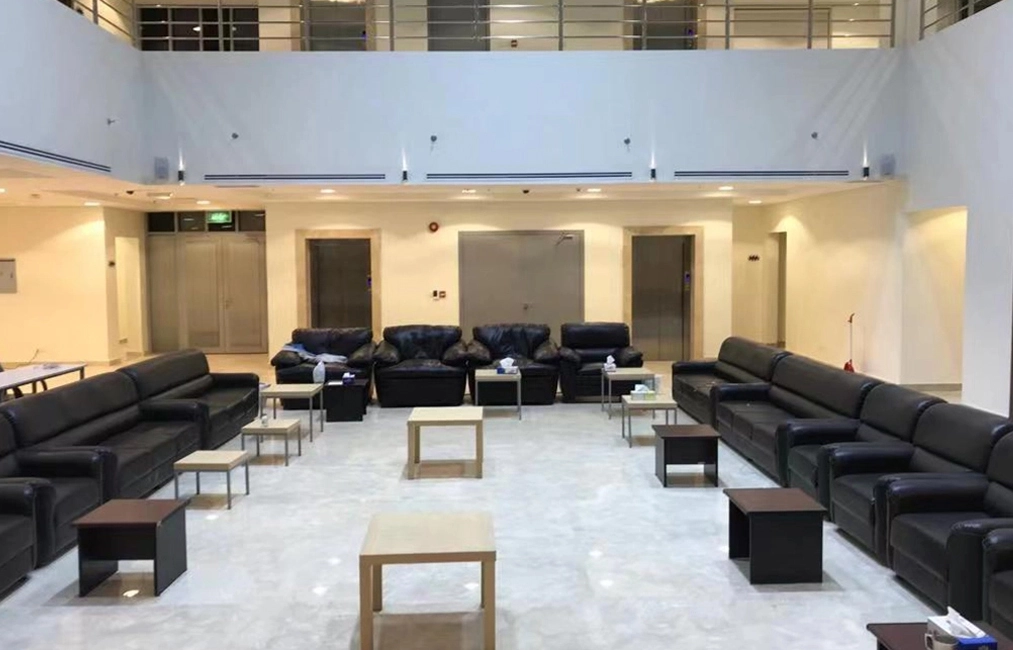

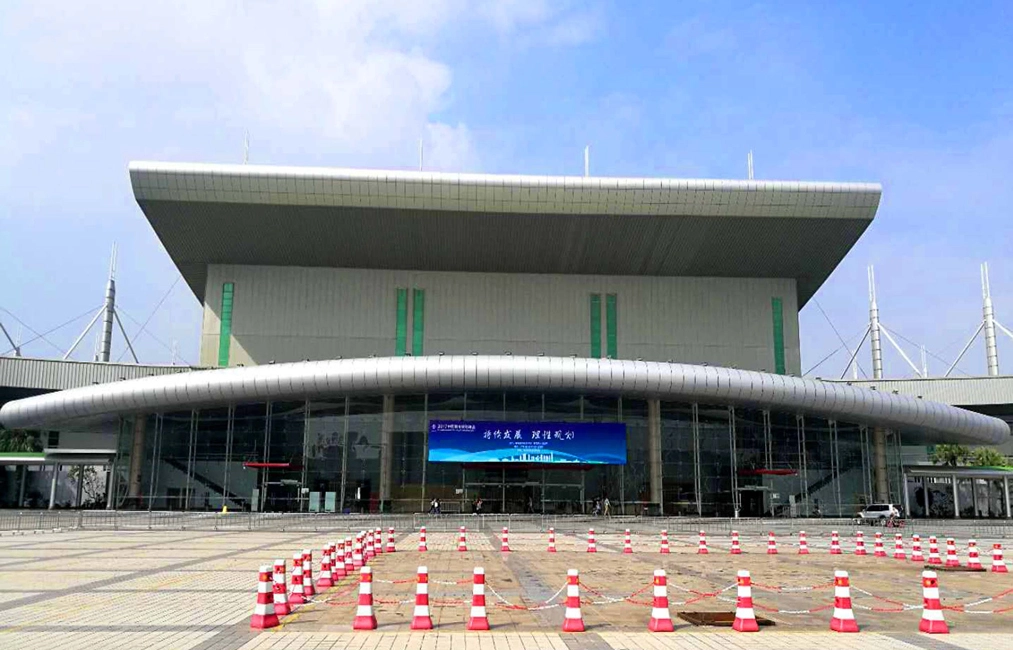
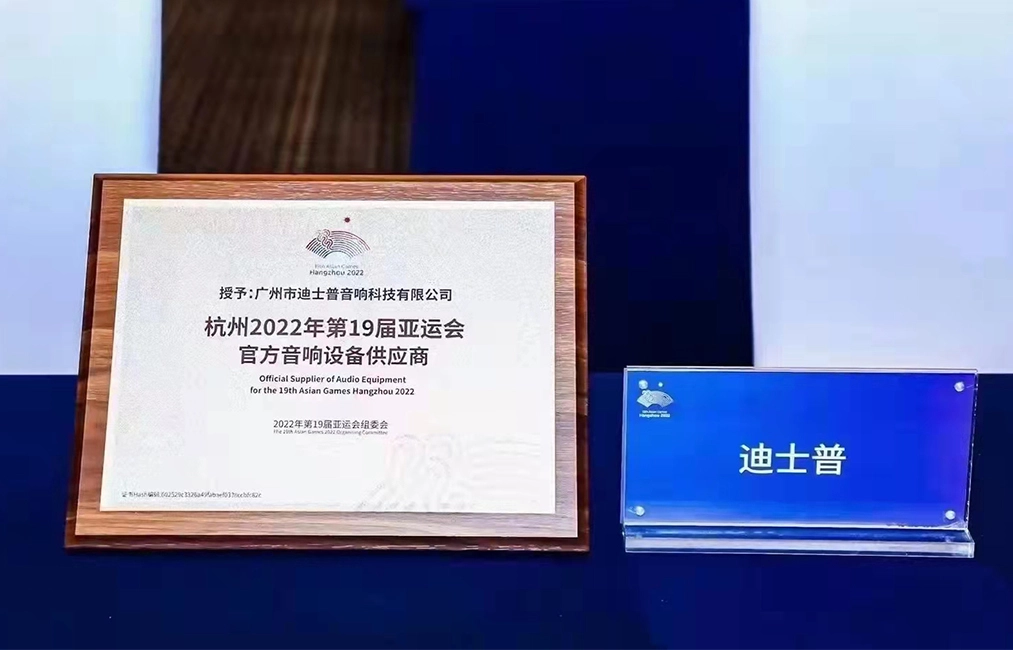
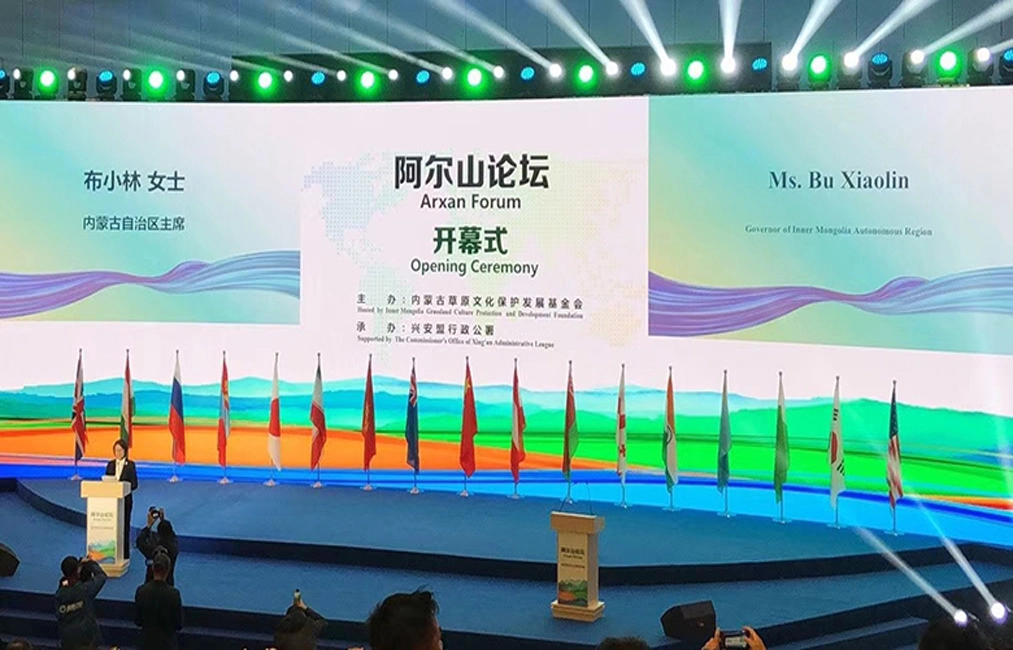
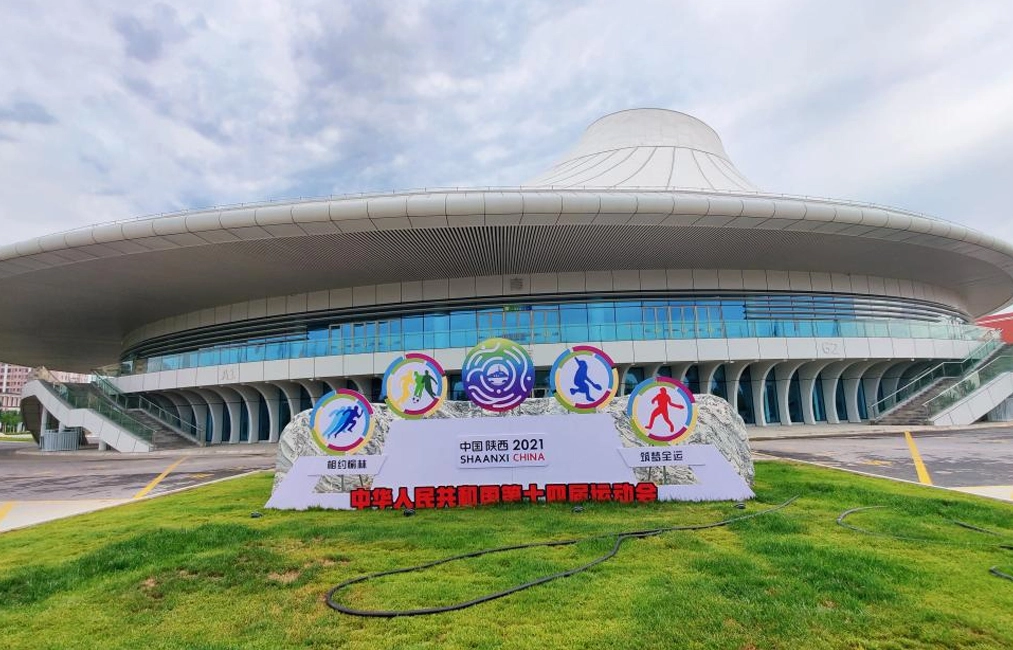
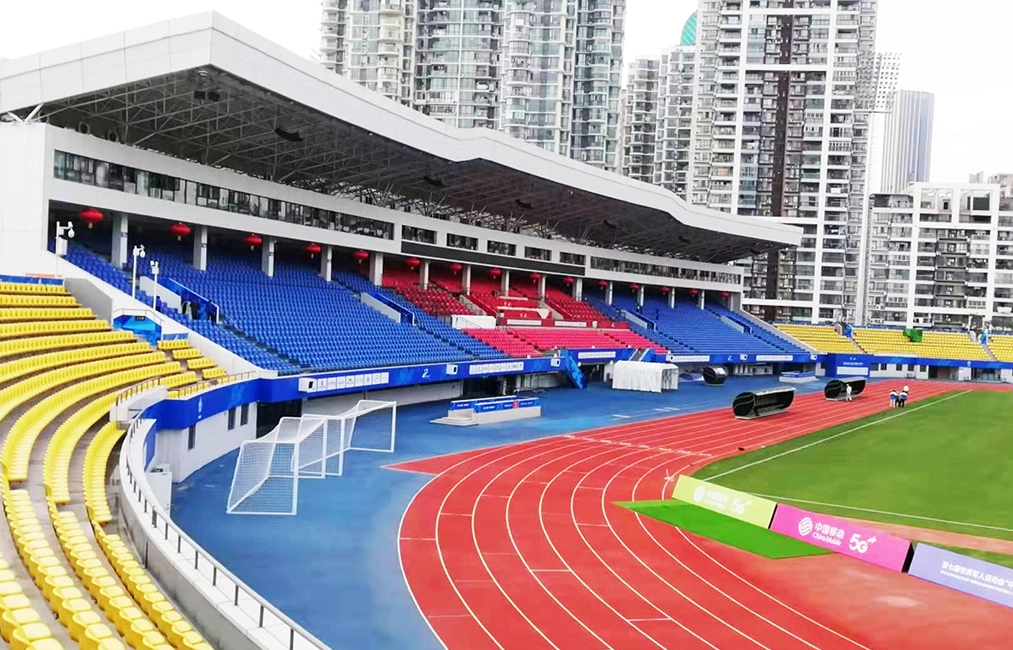
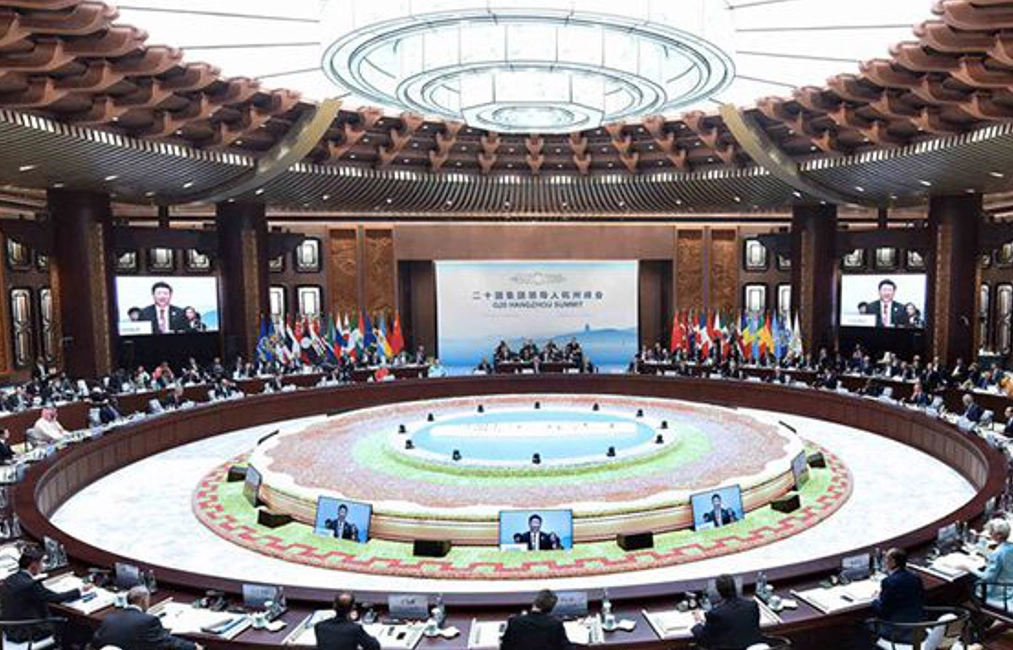
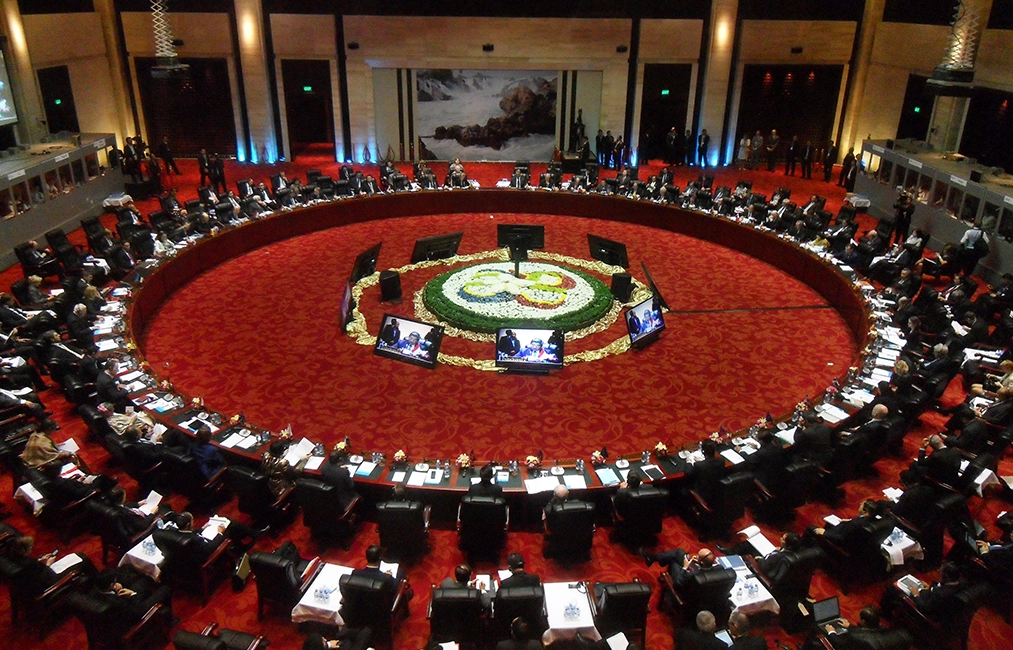
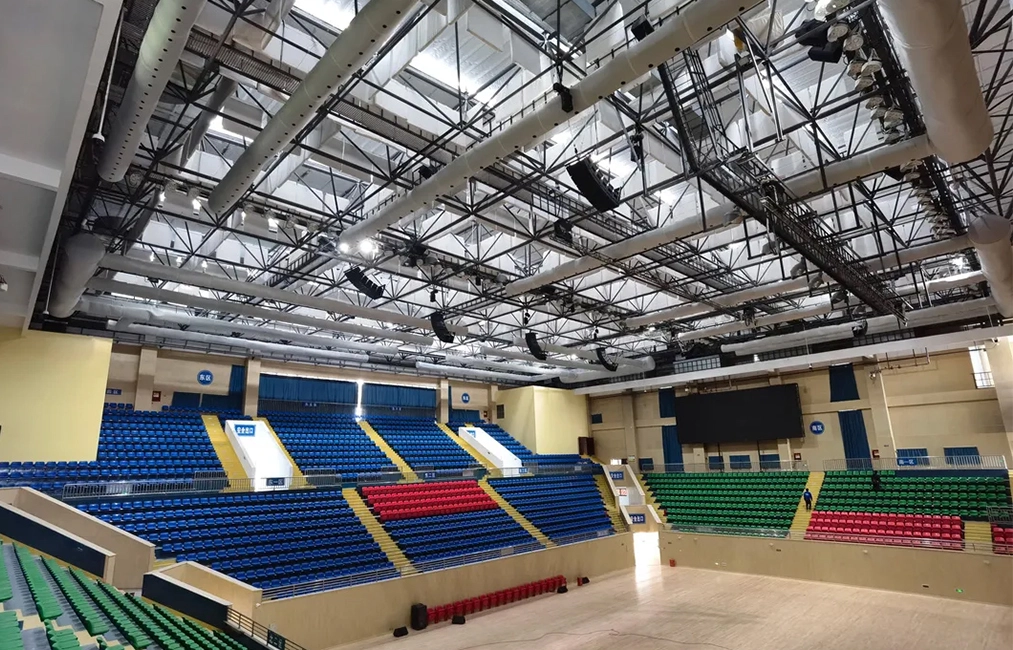
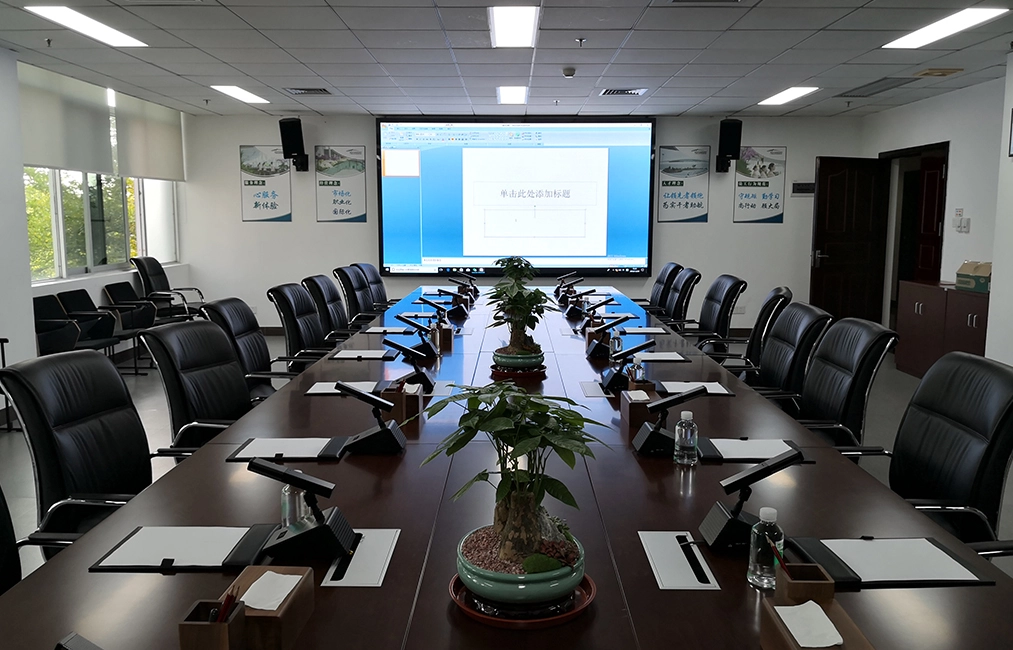
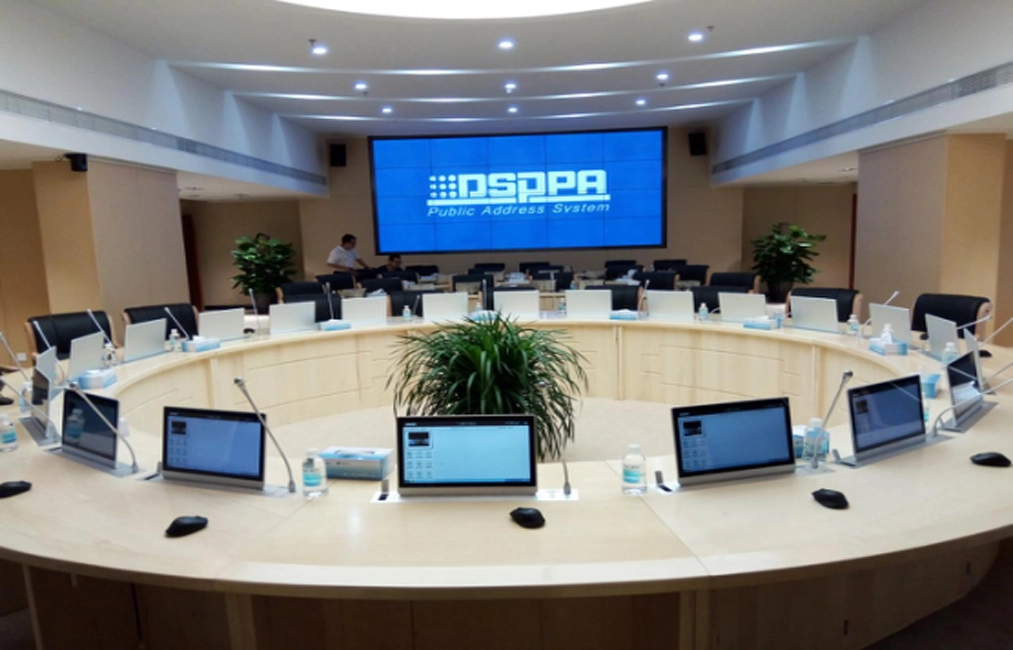
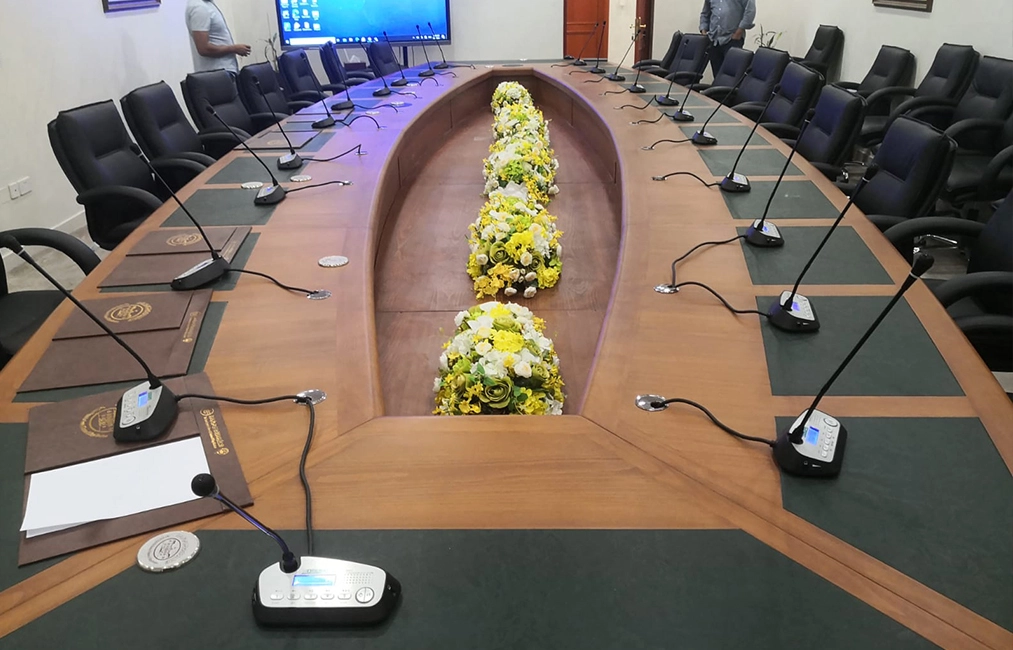
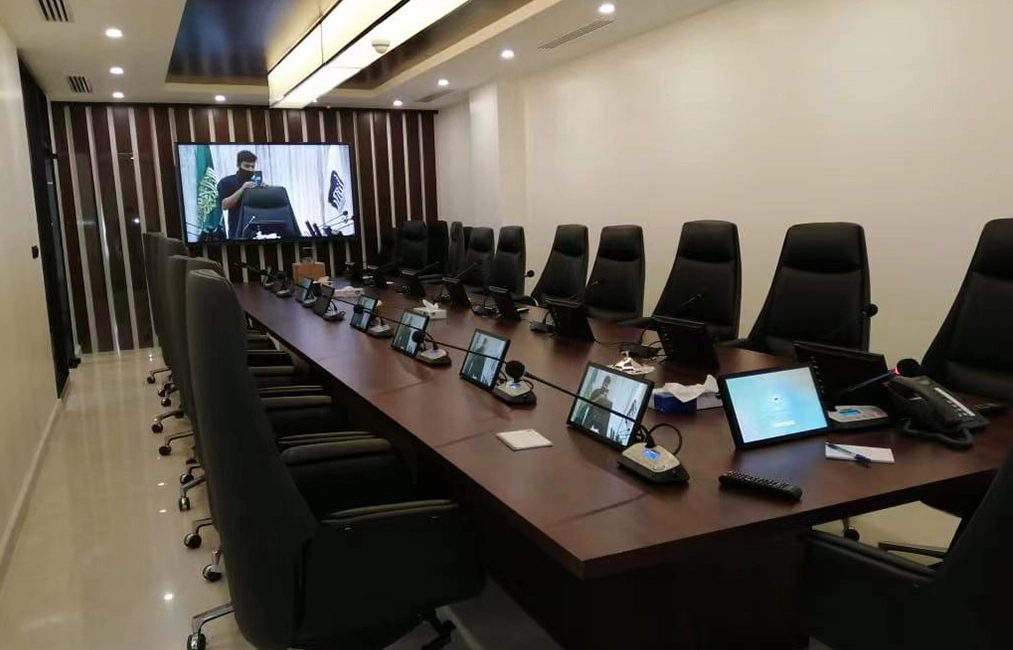
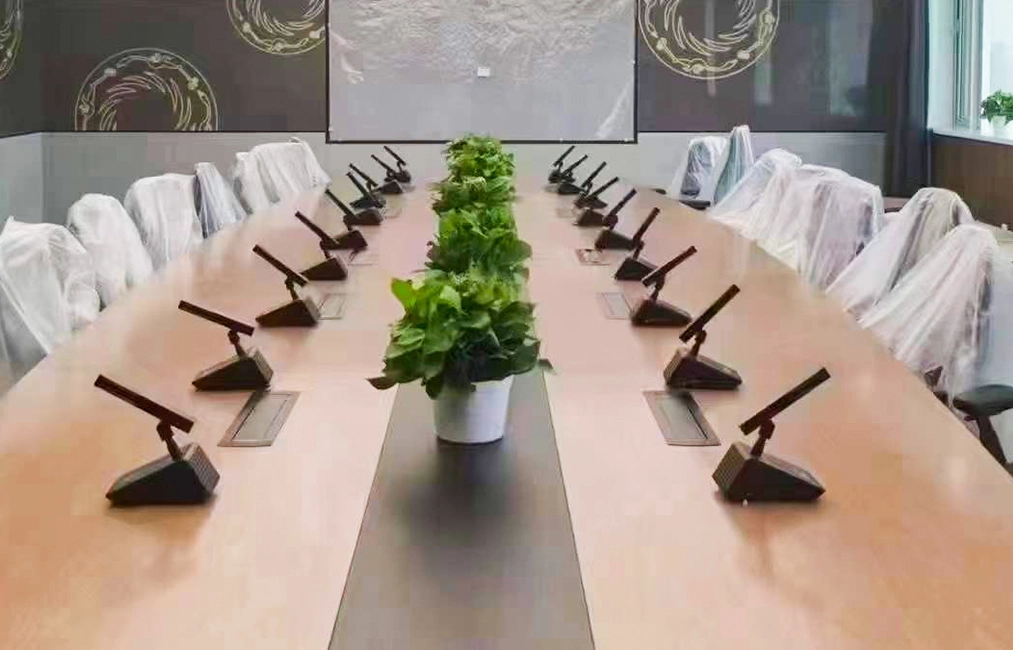
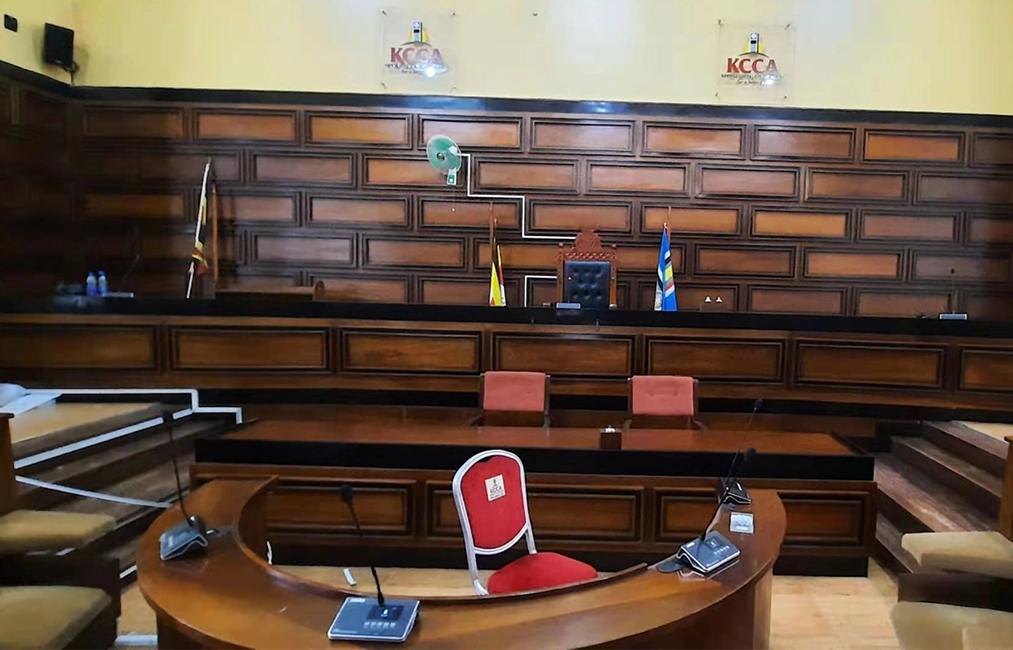
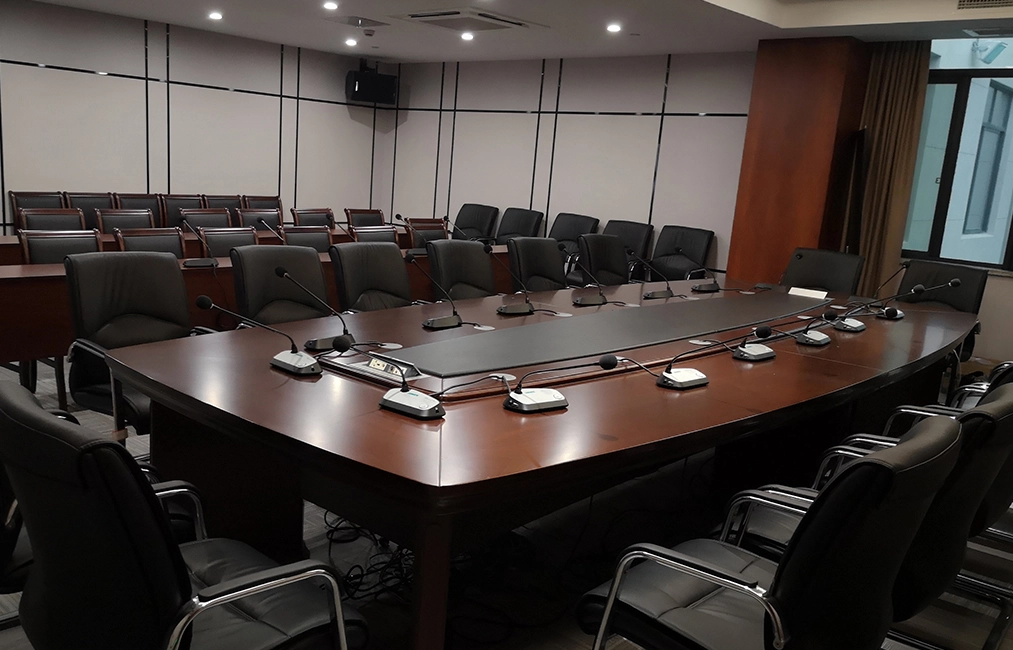
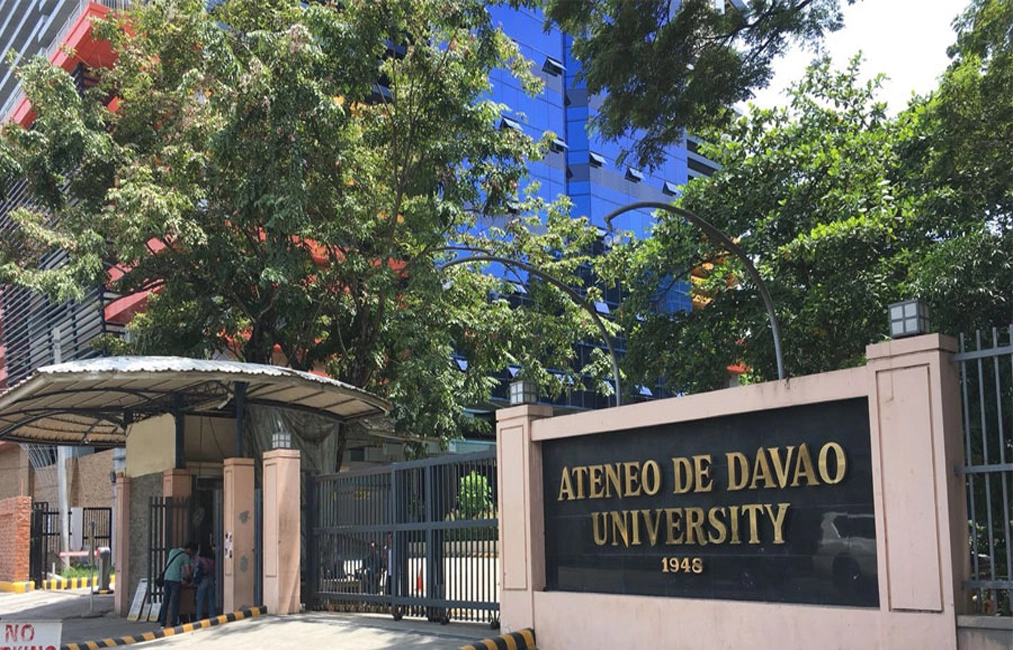
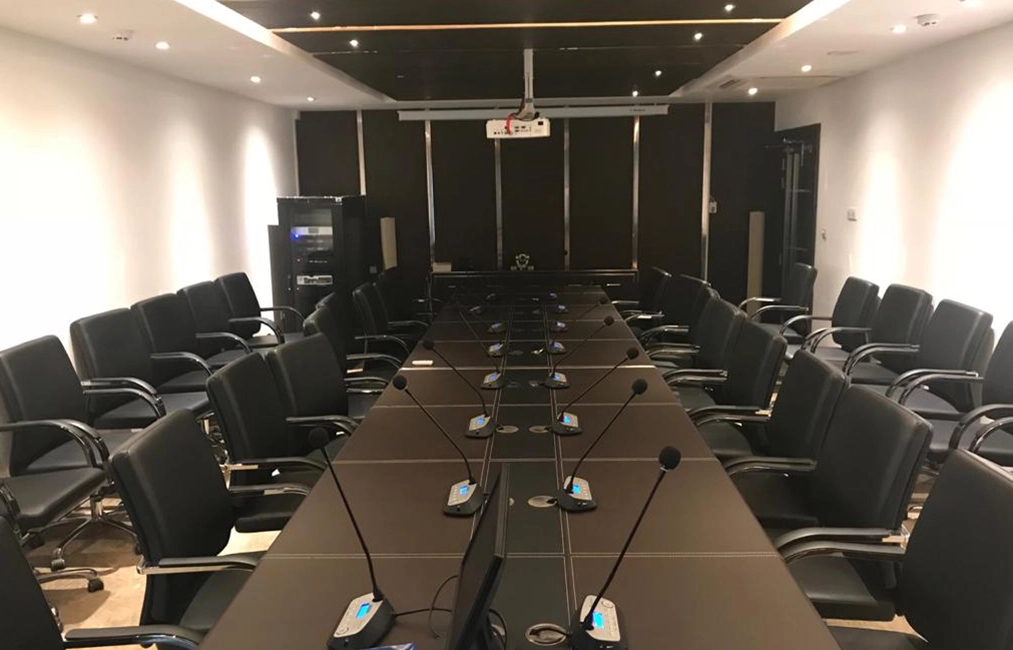
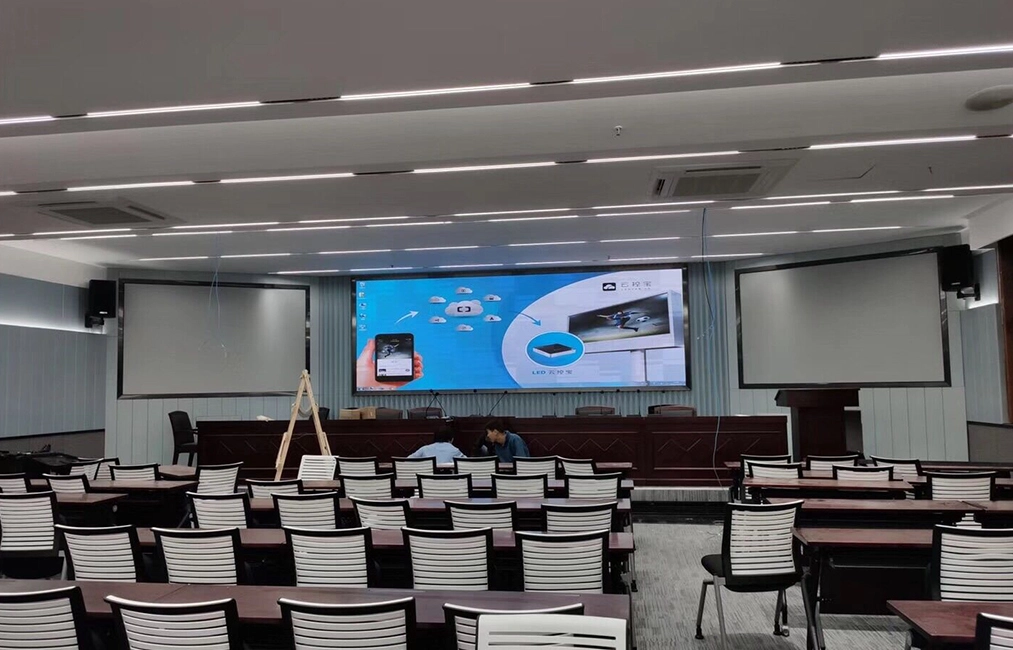
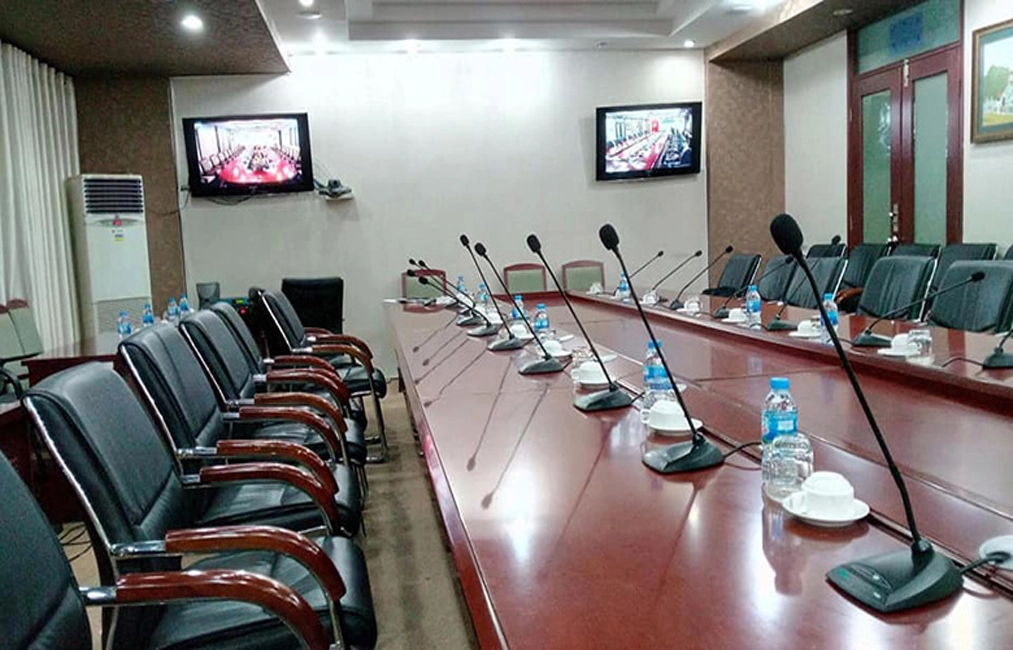
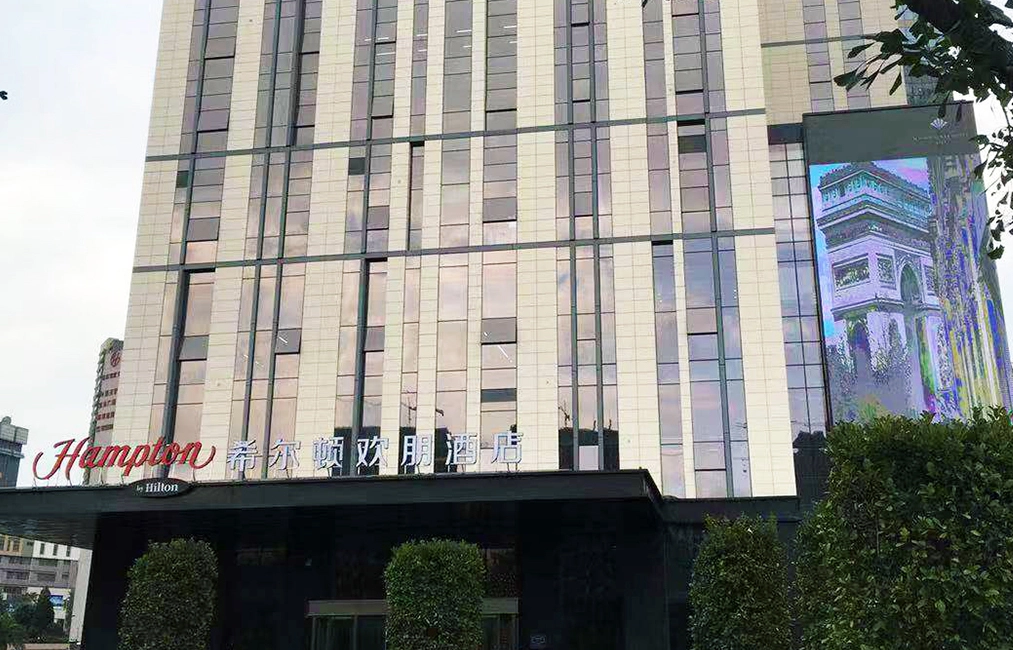
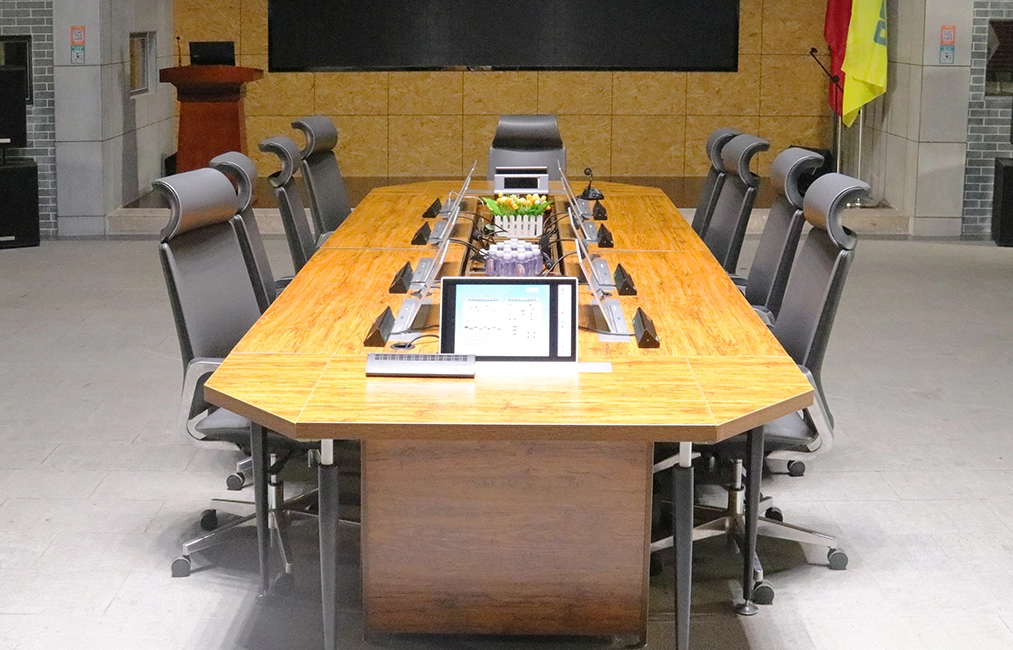
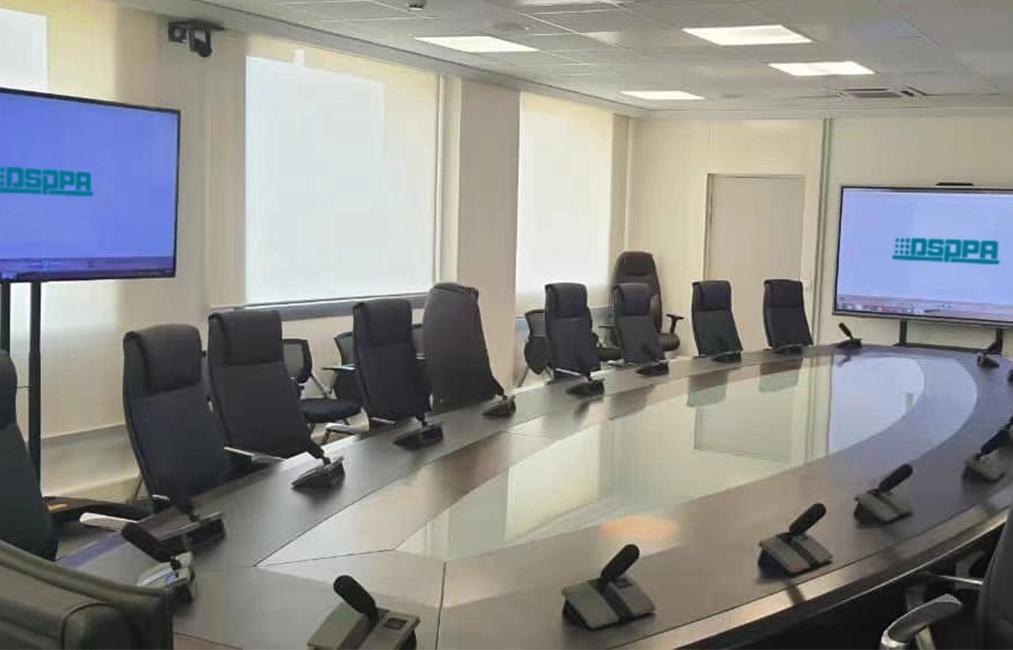
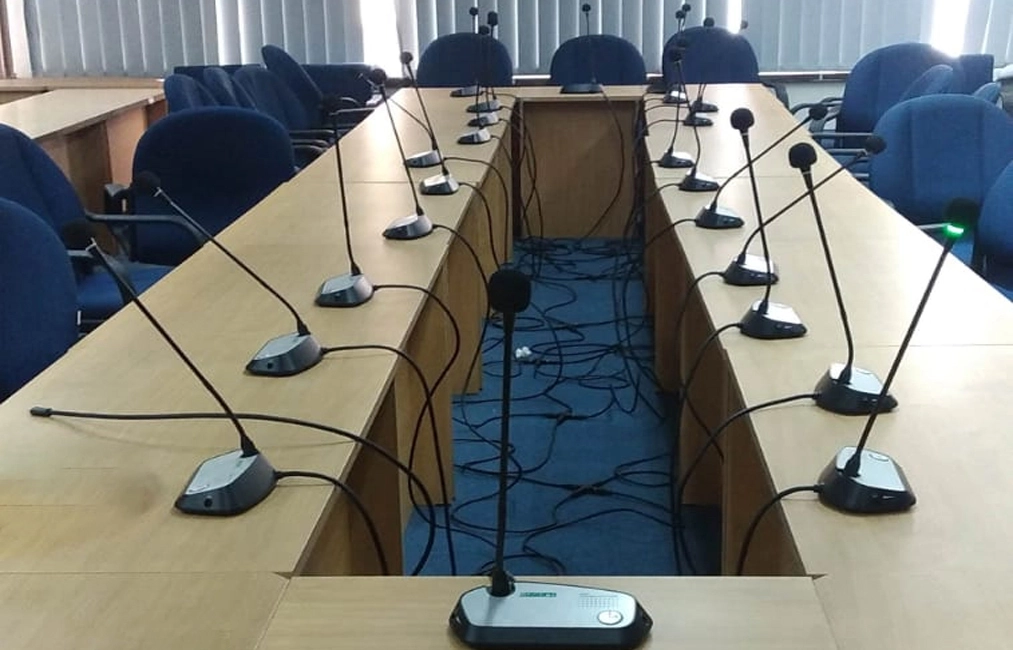
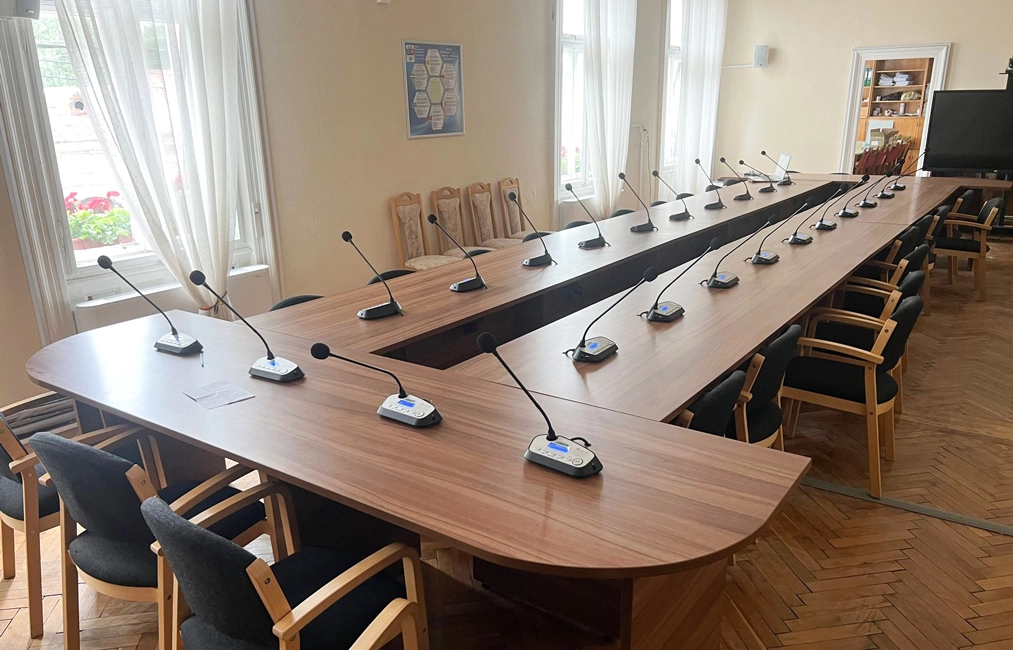
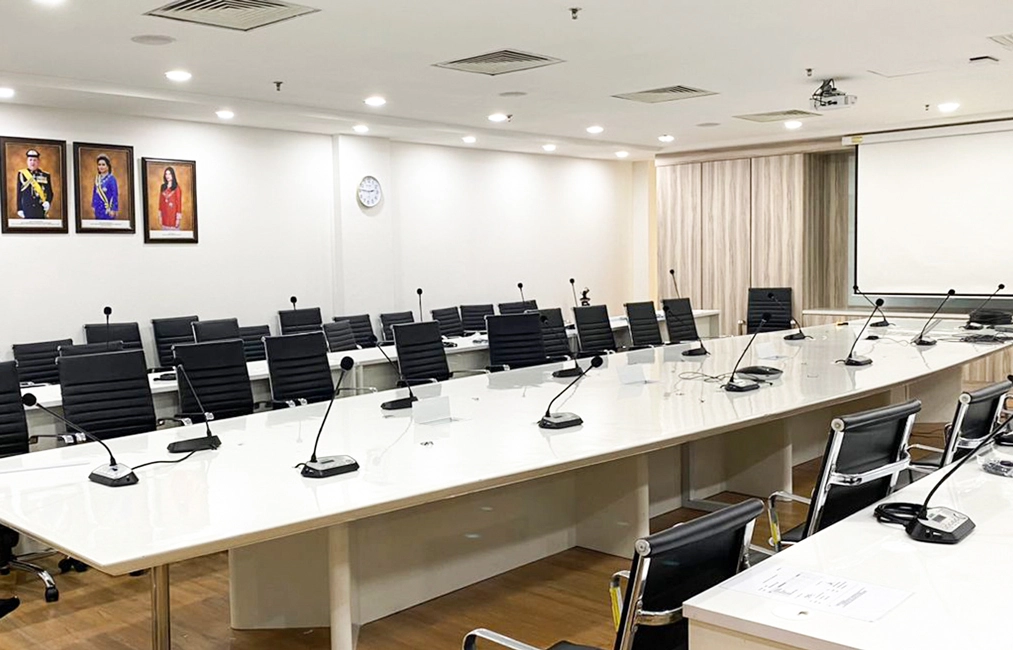
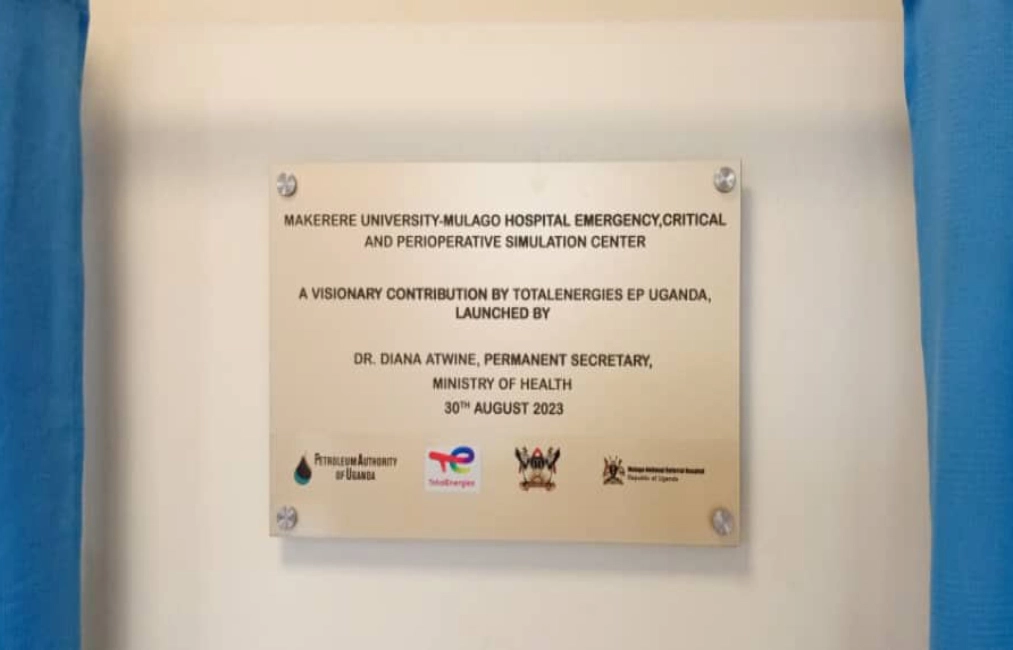
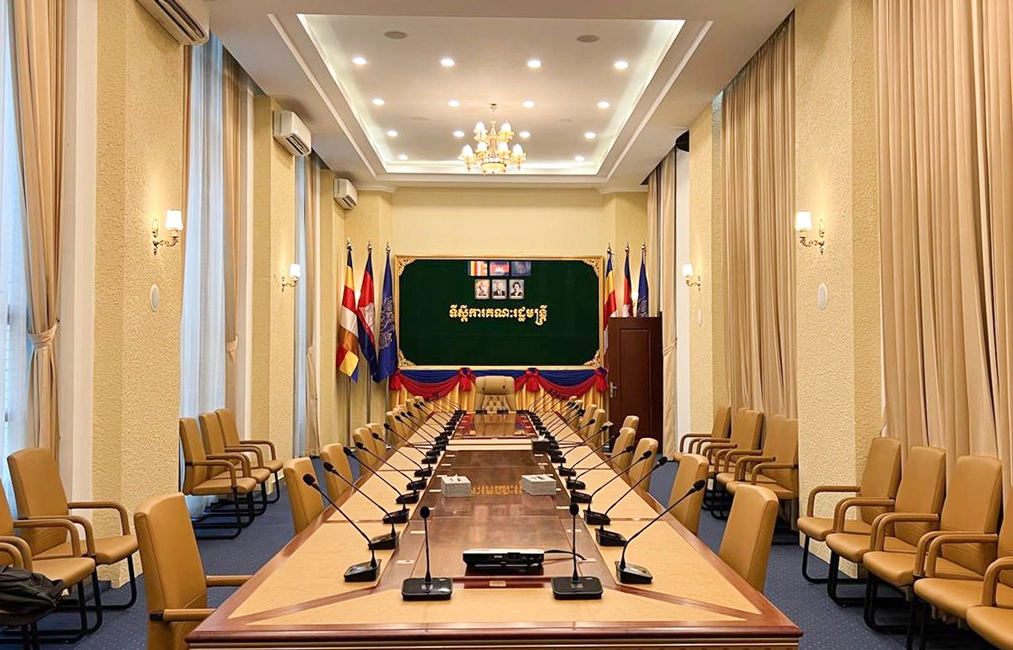
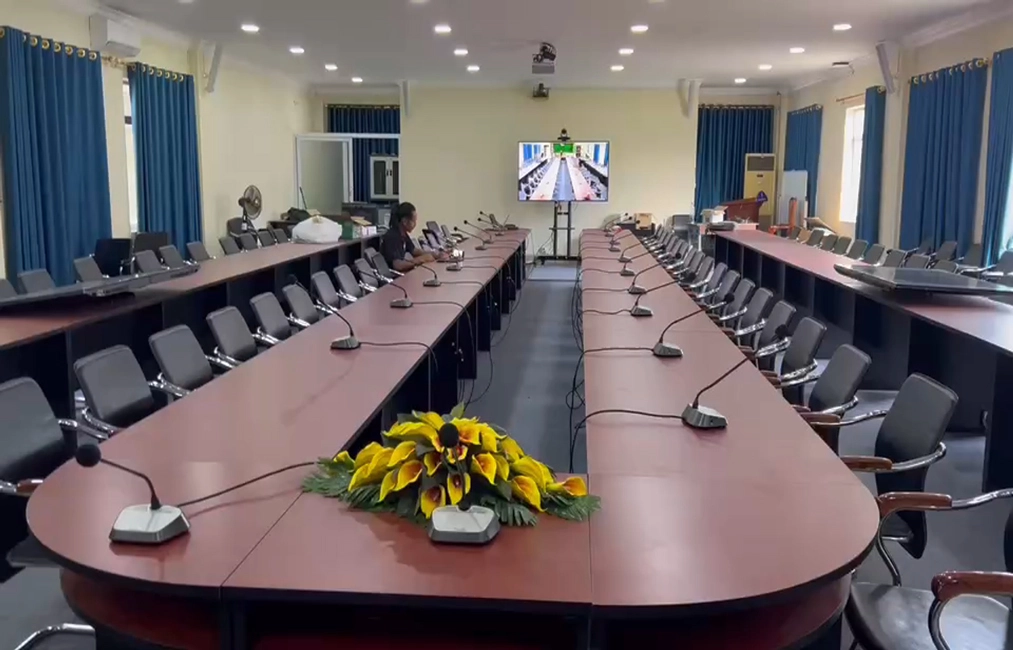
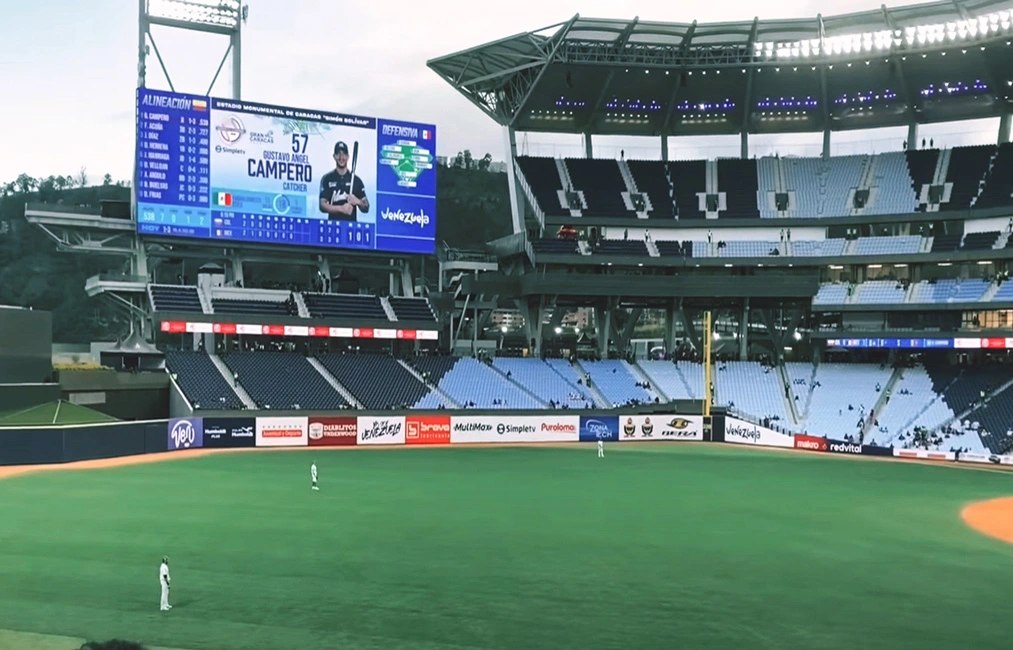

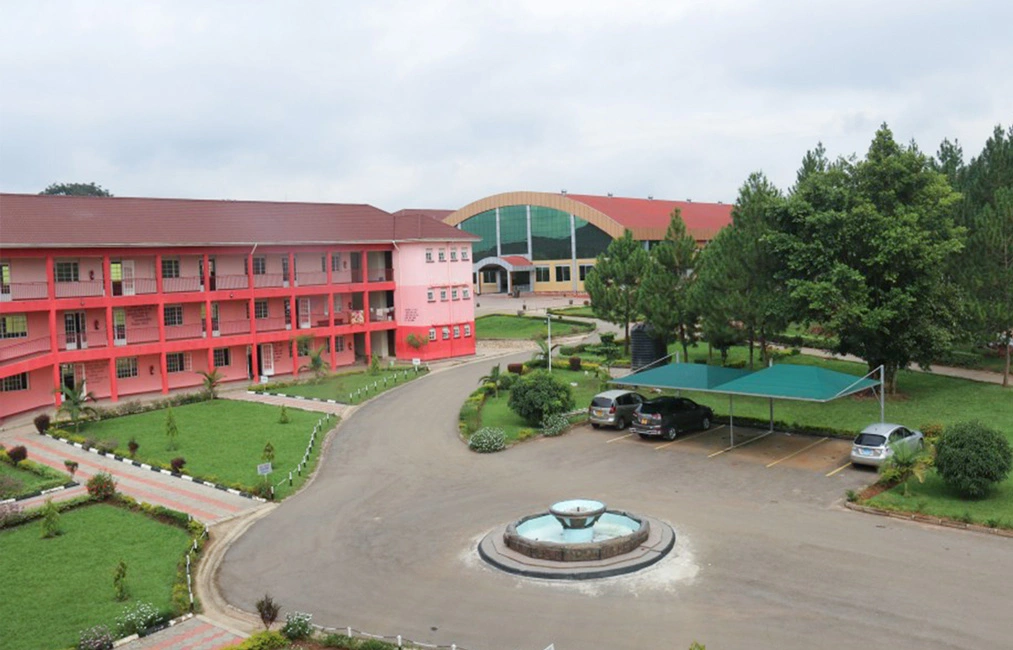
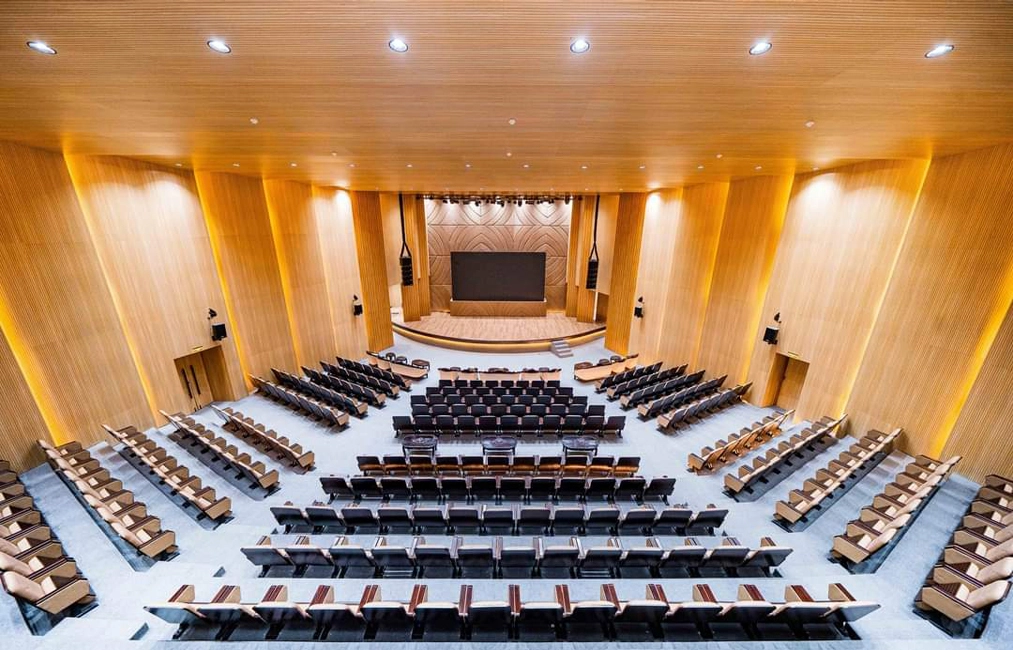
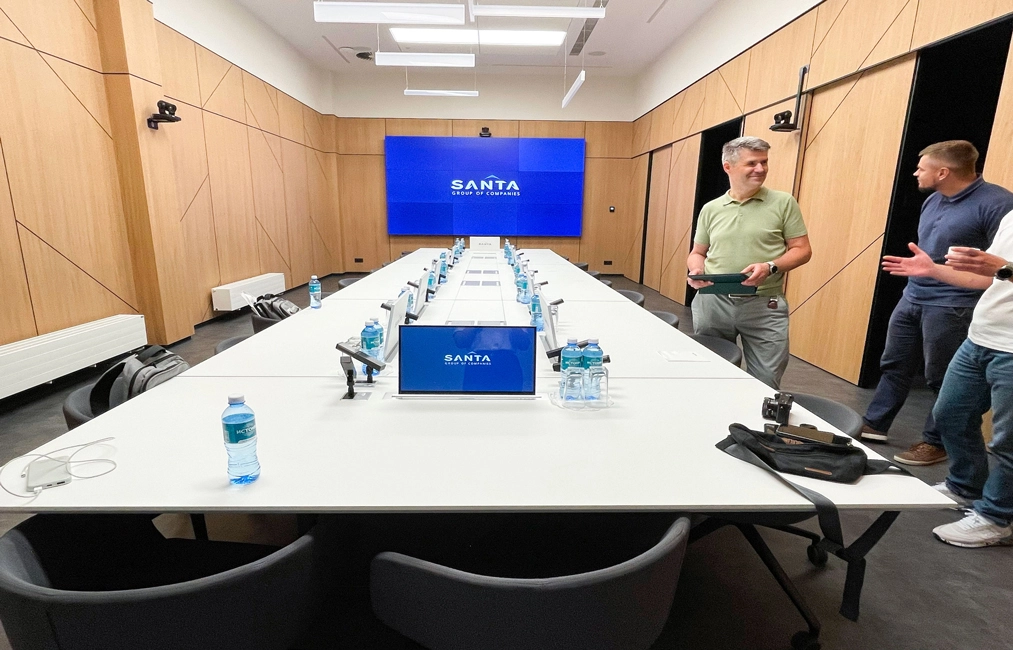
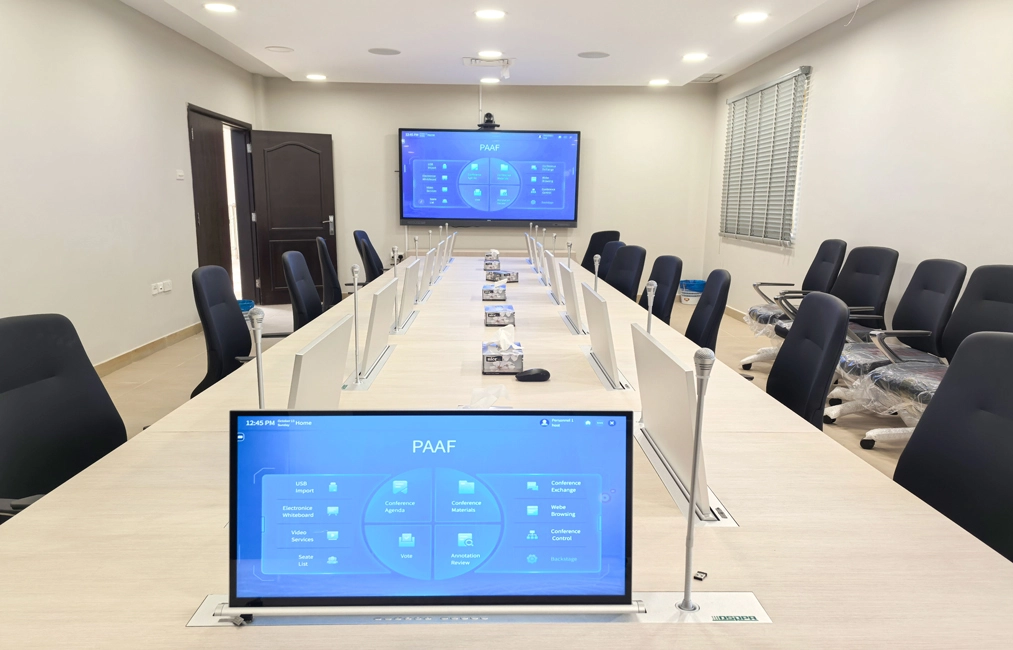
 Email Us
Email Us